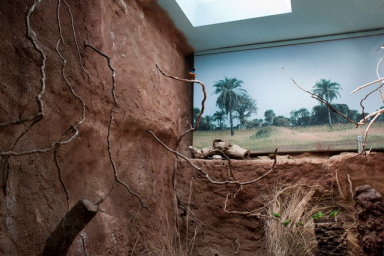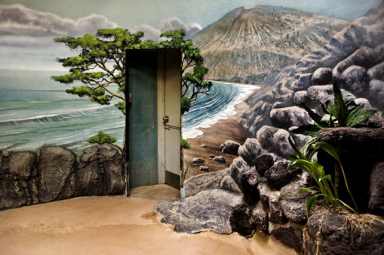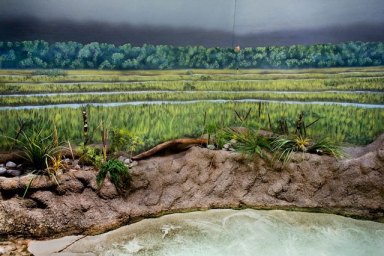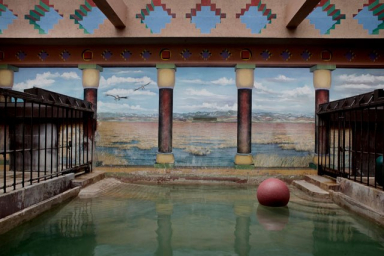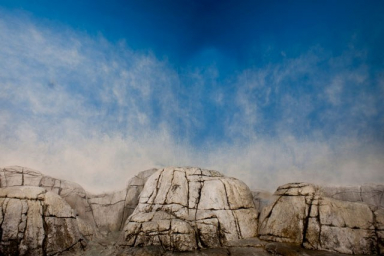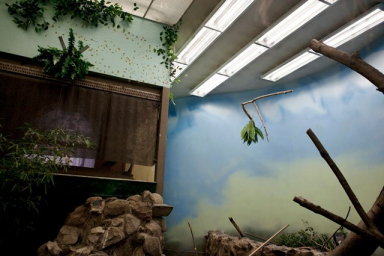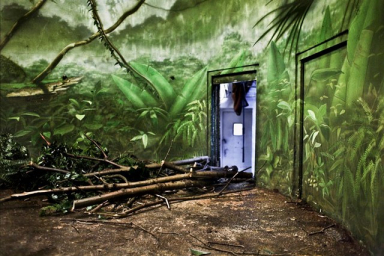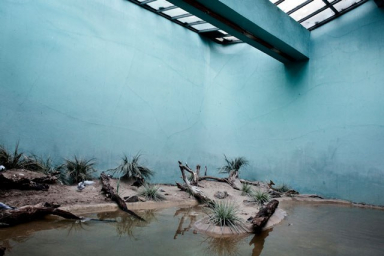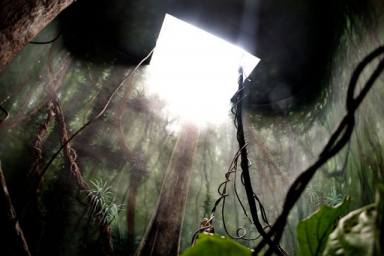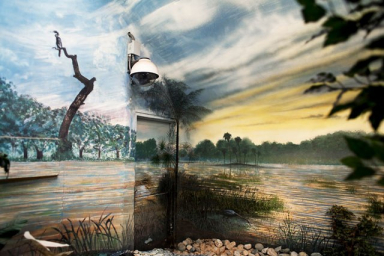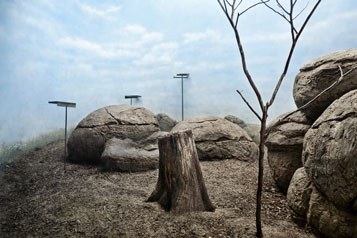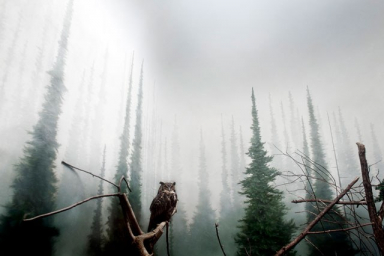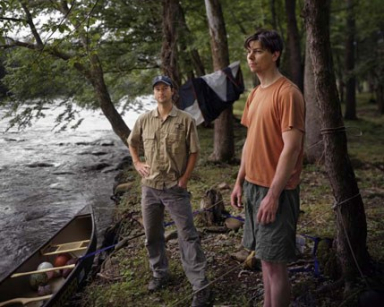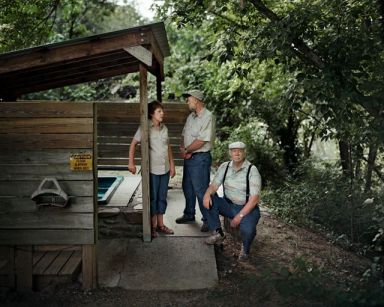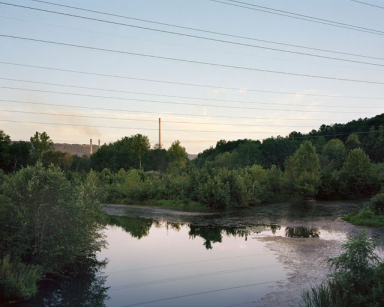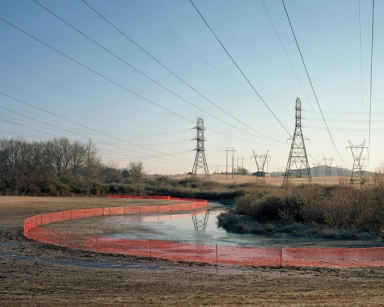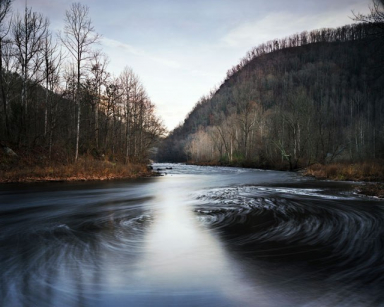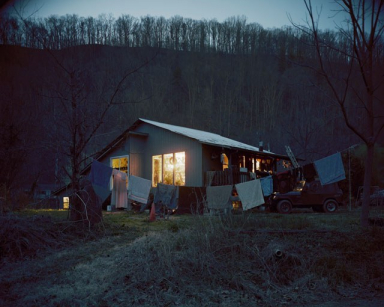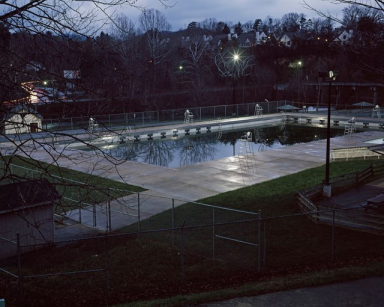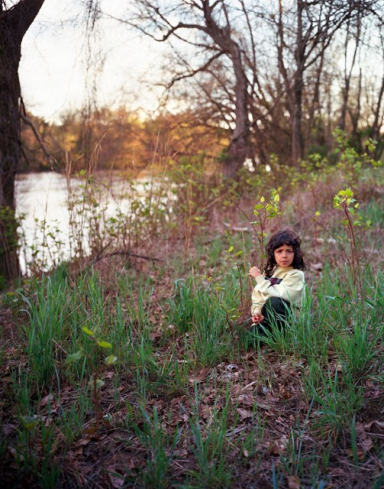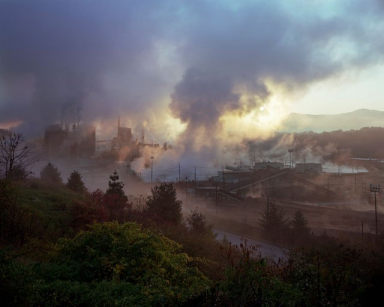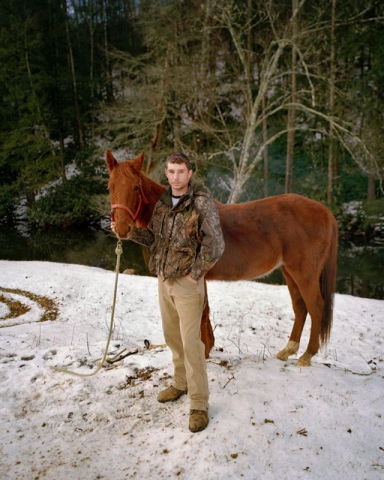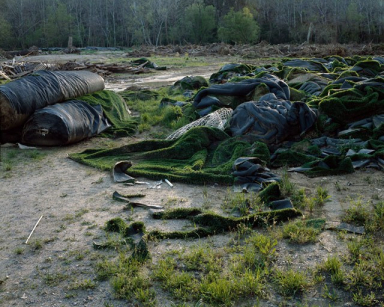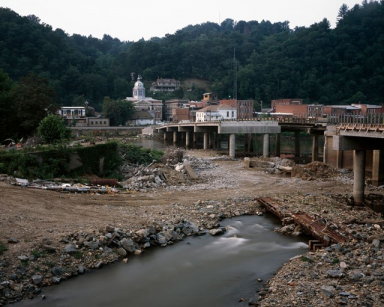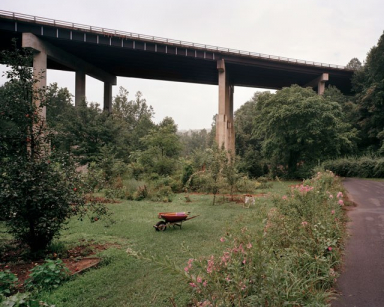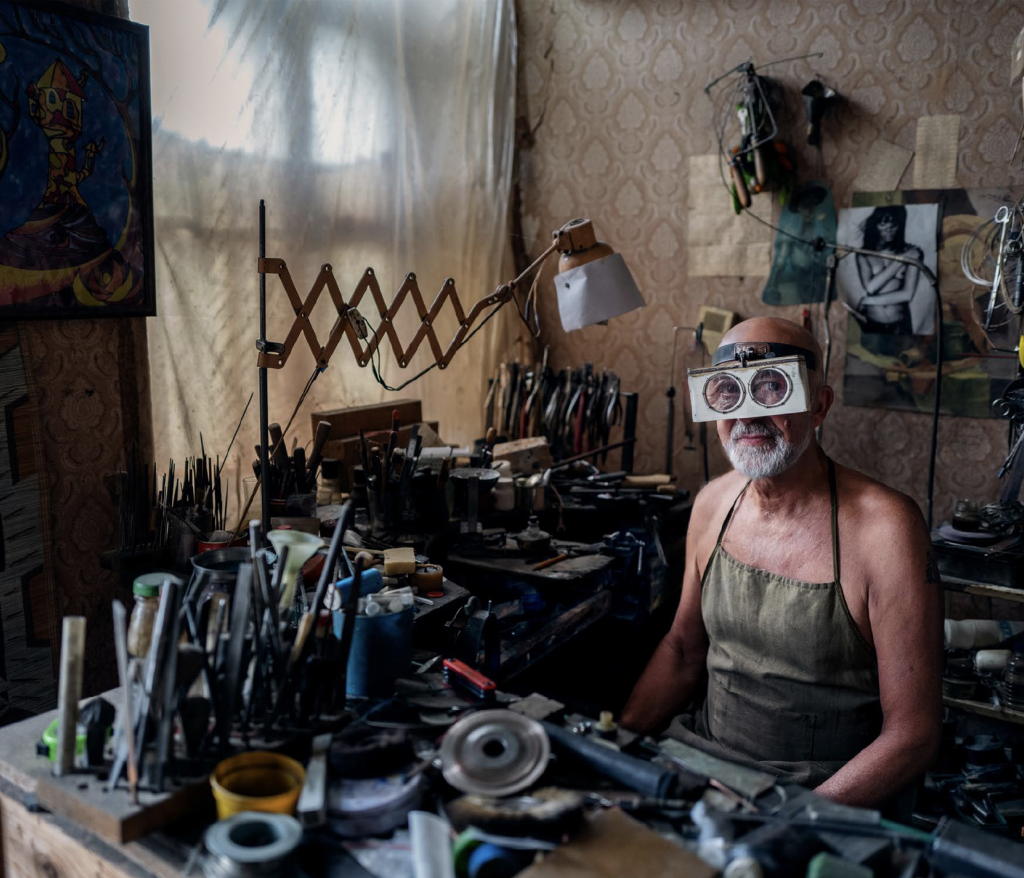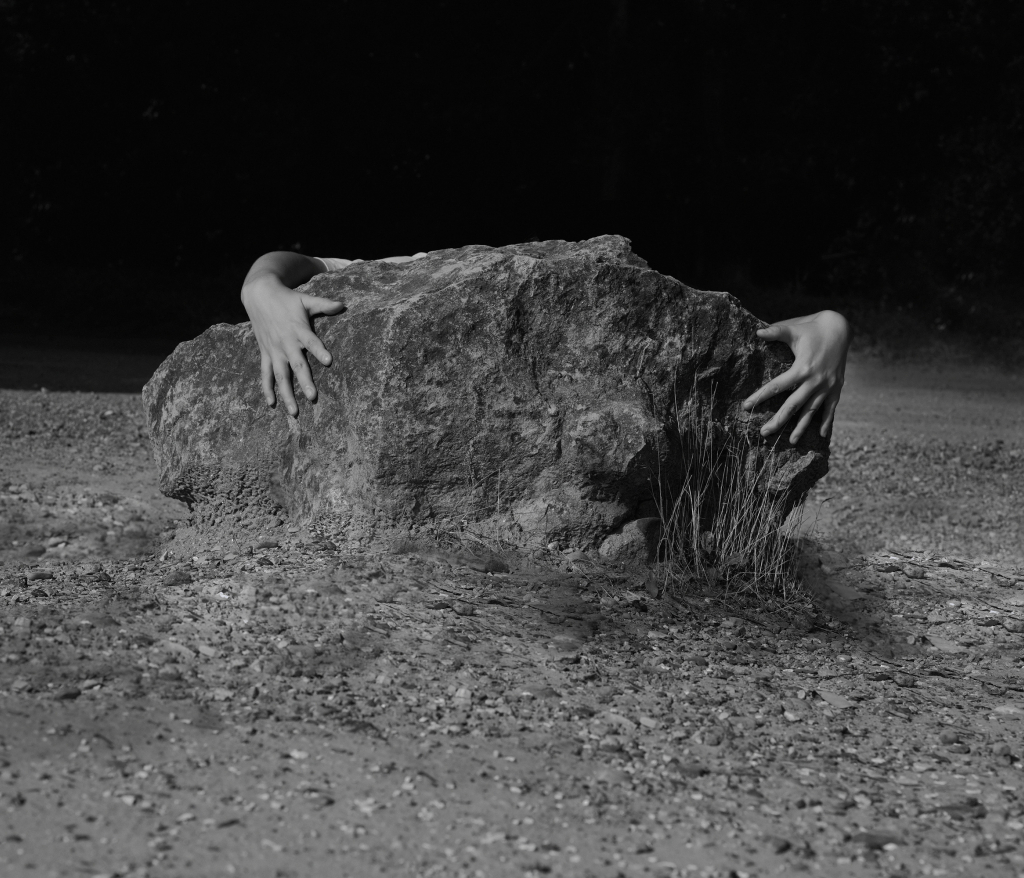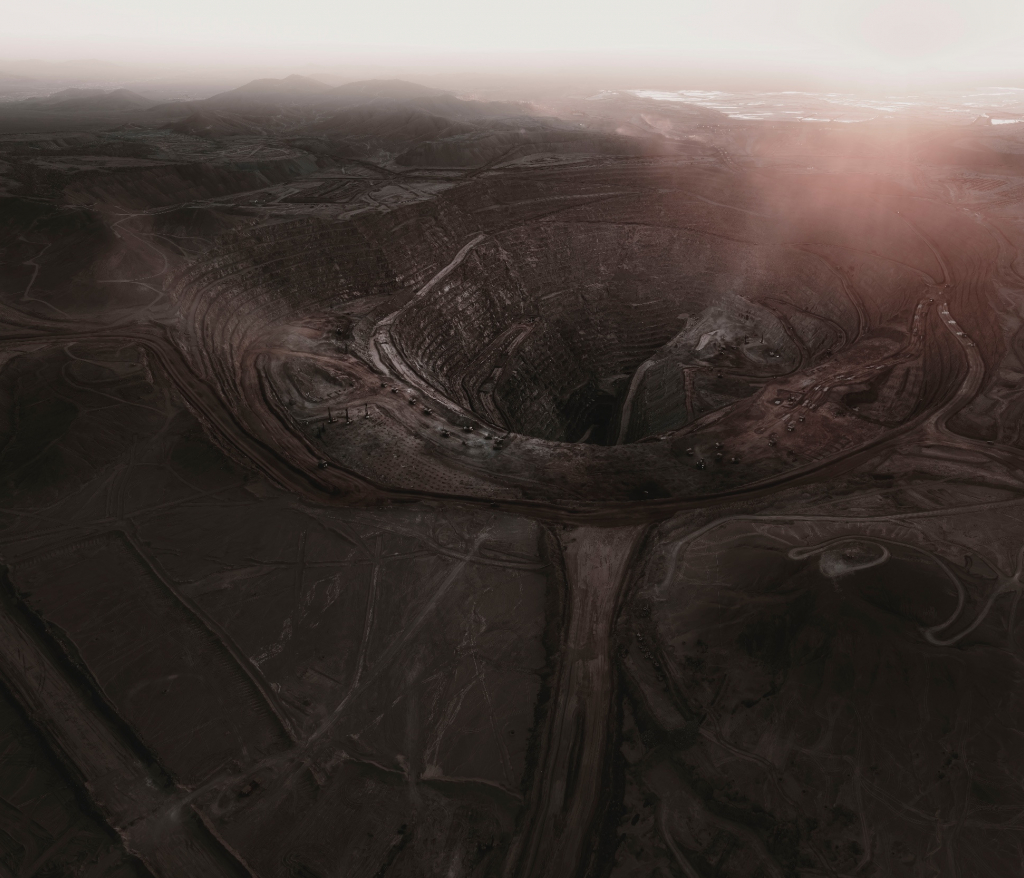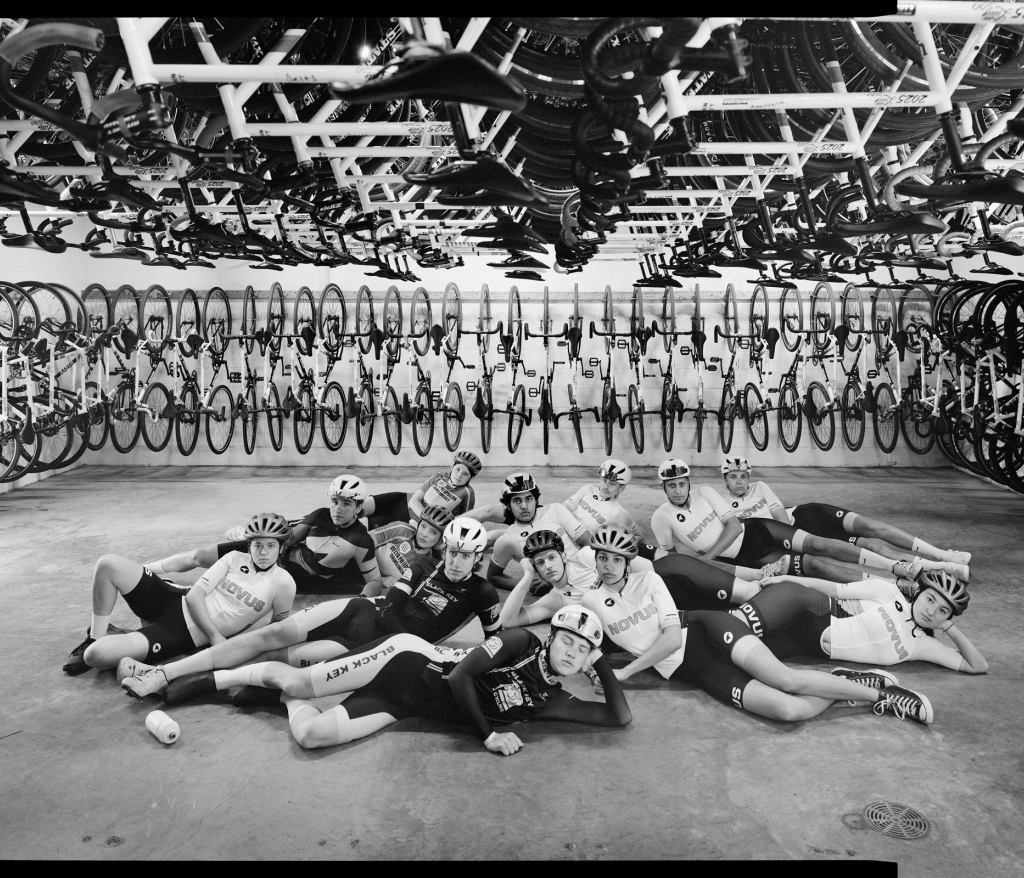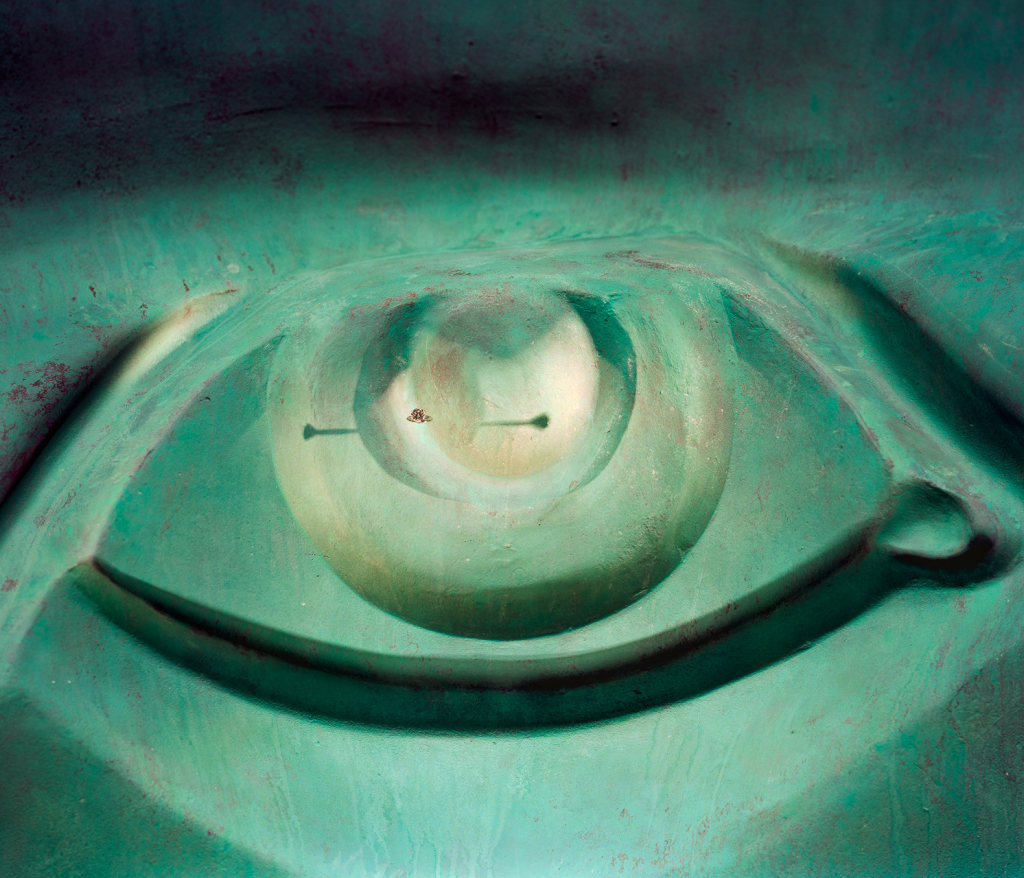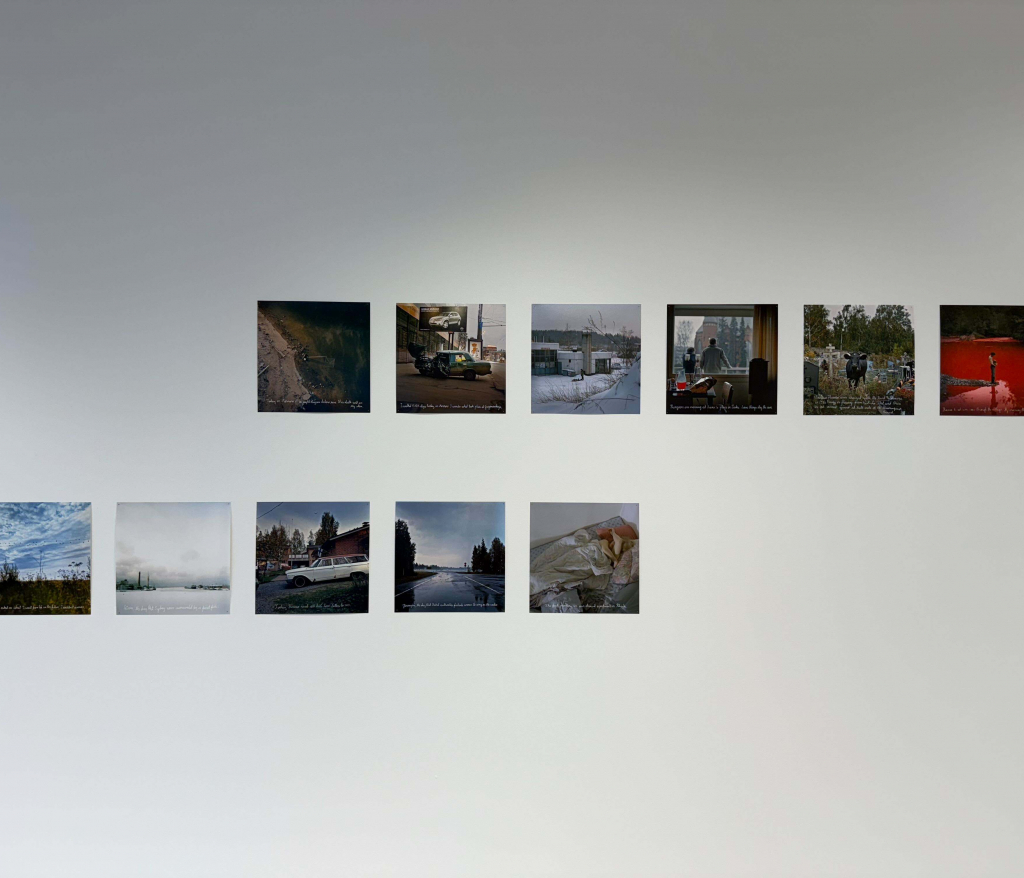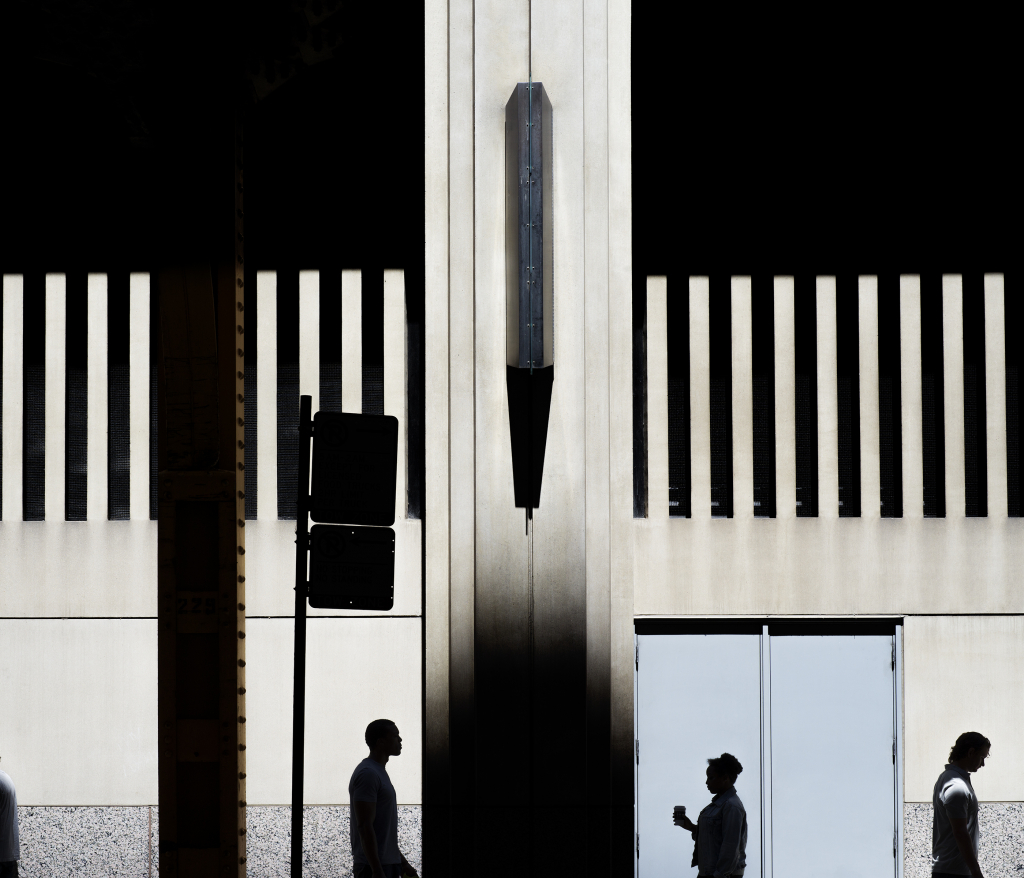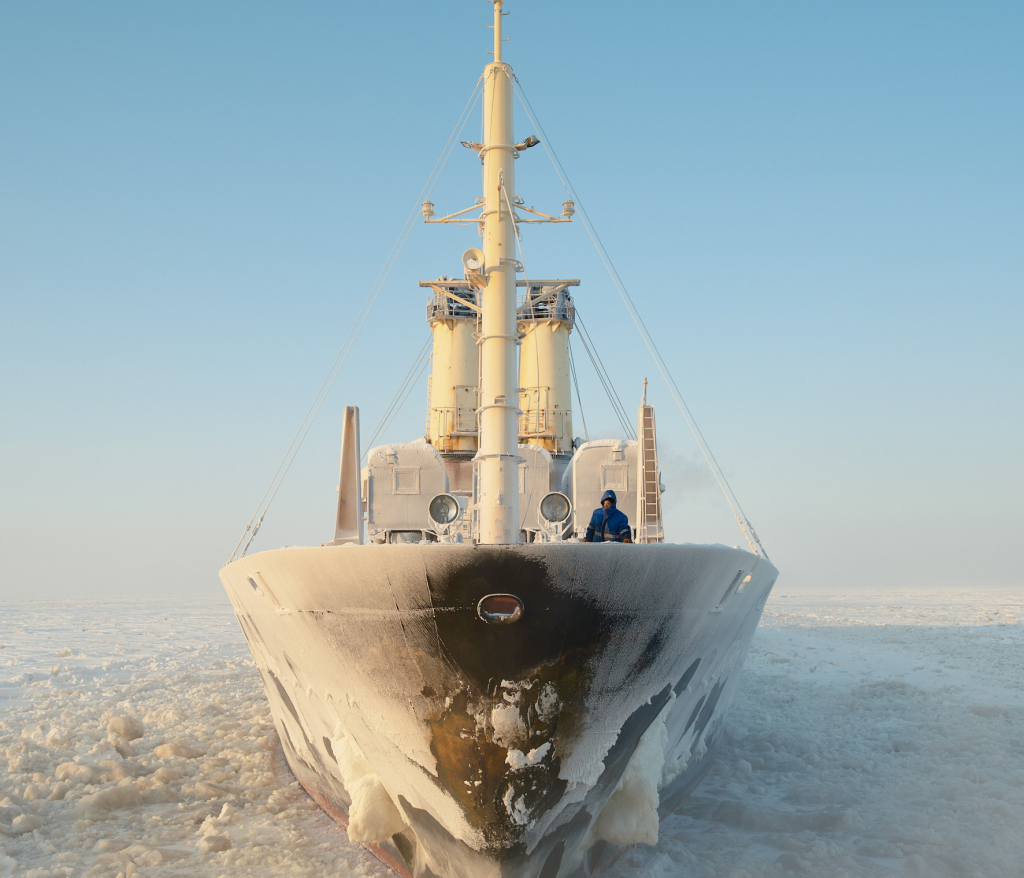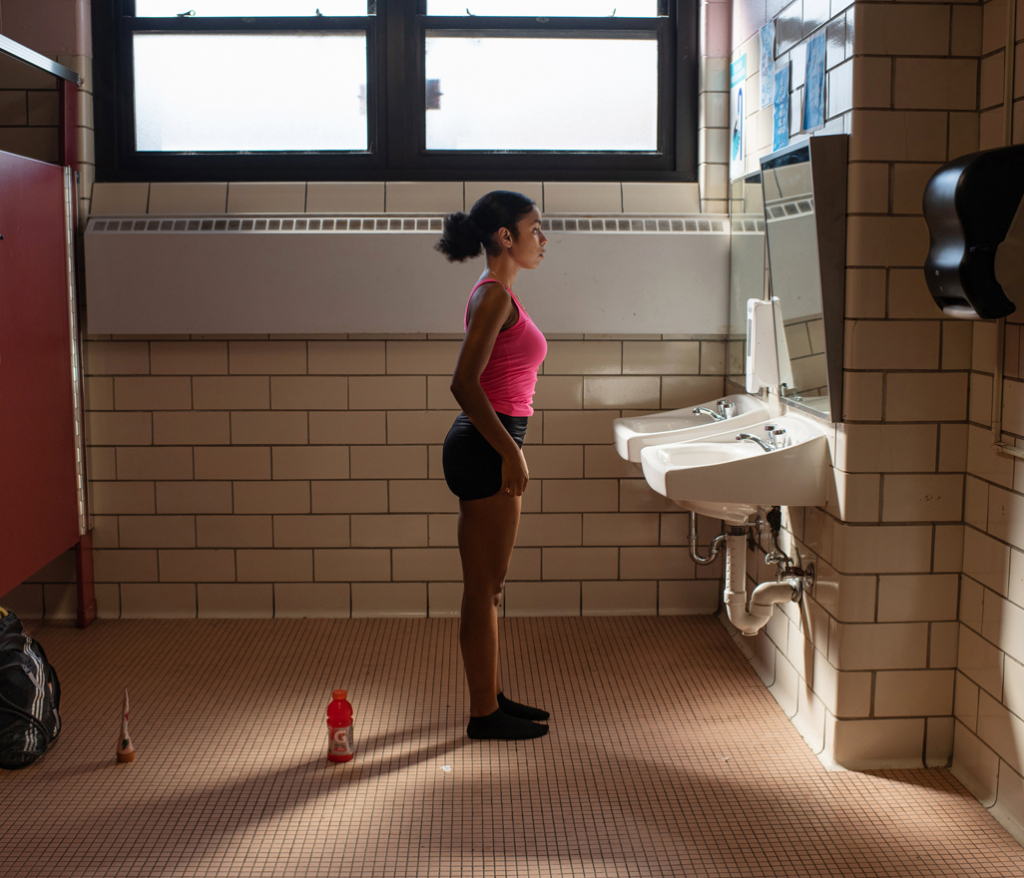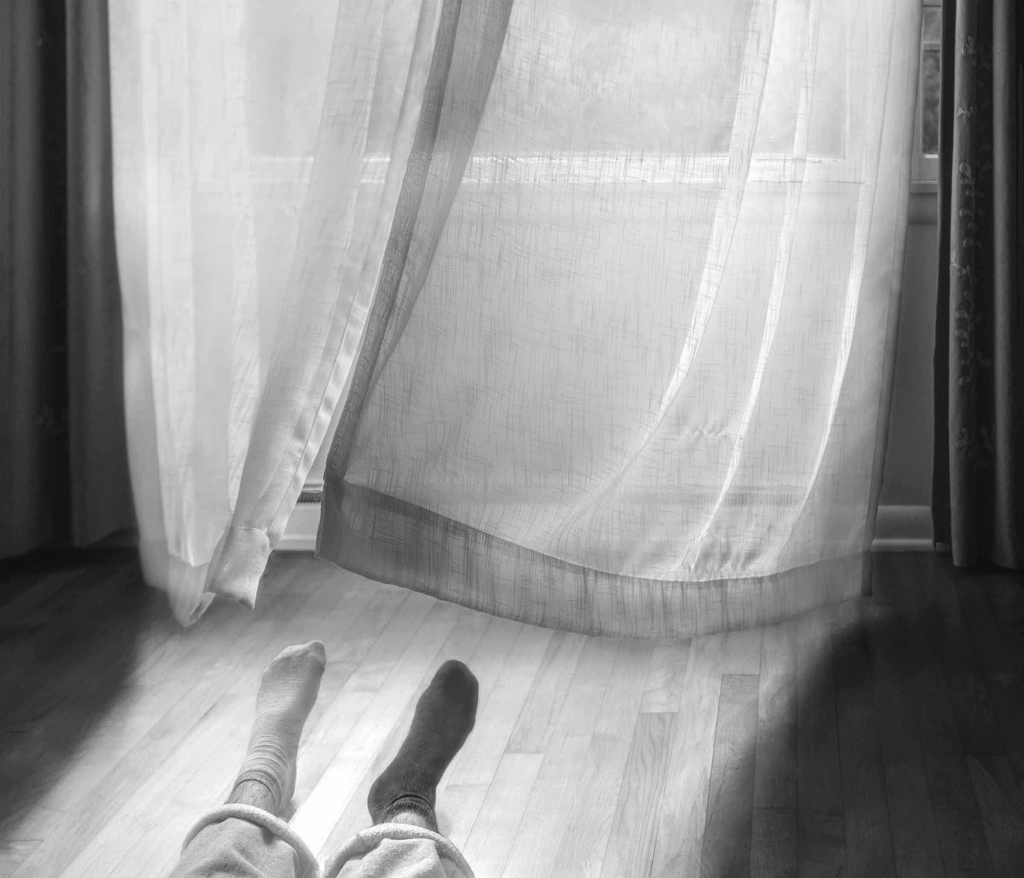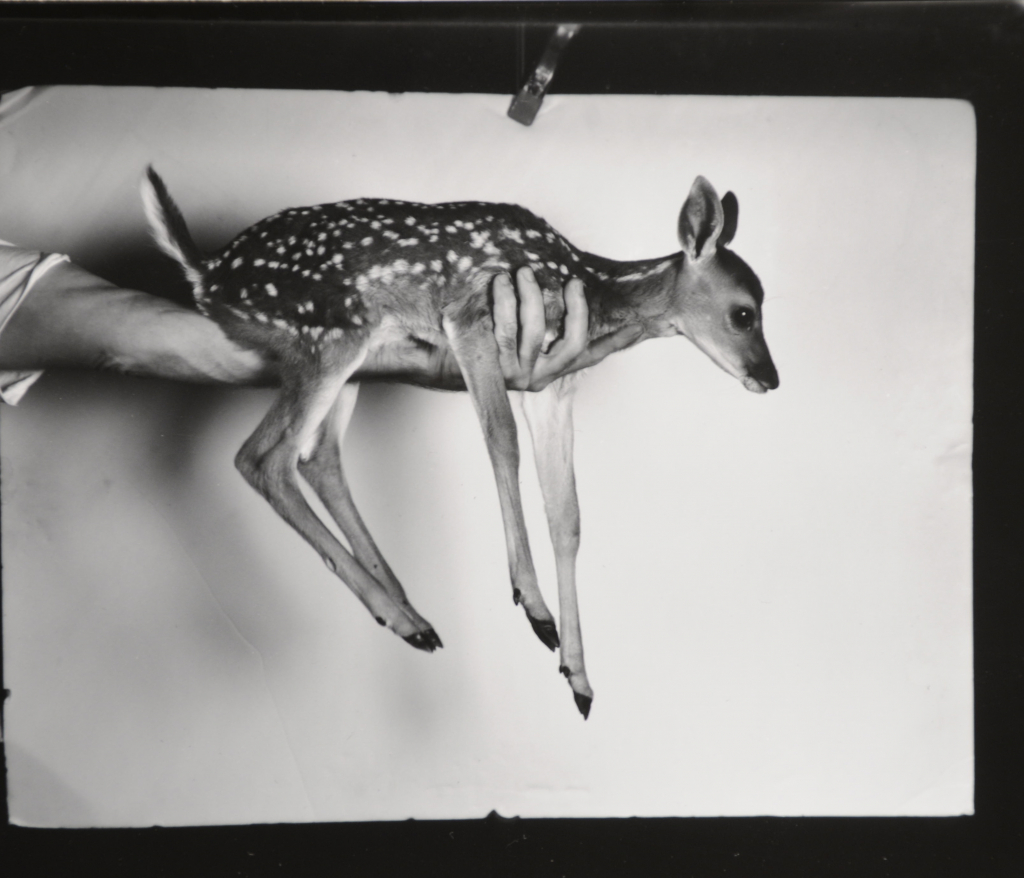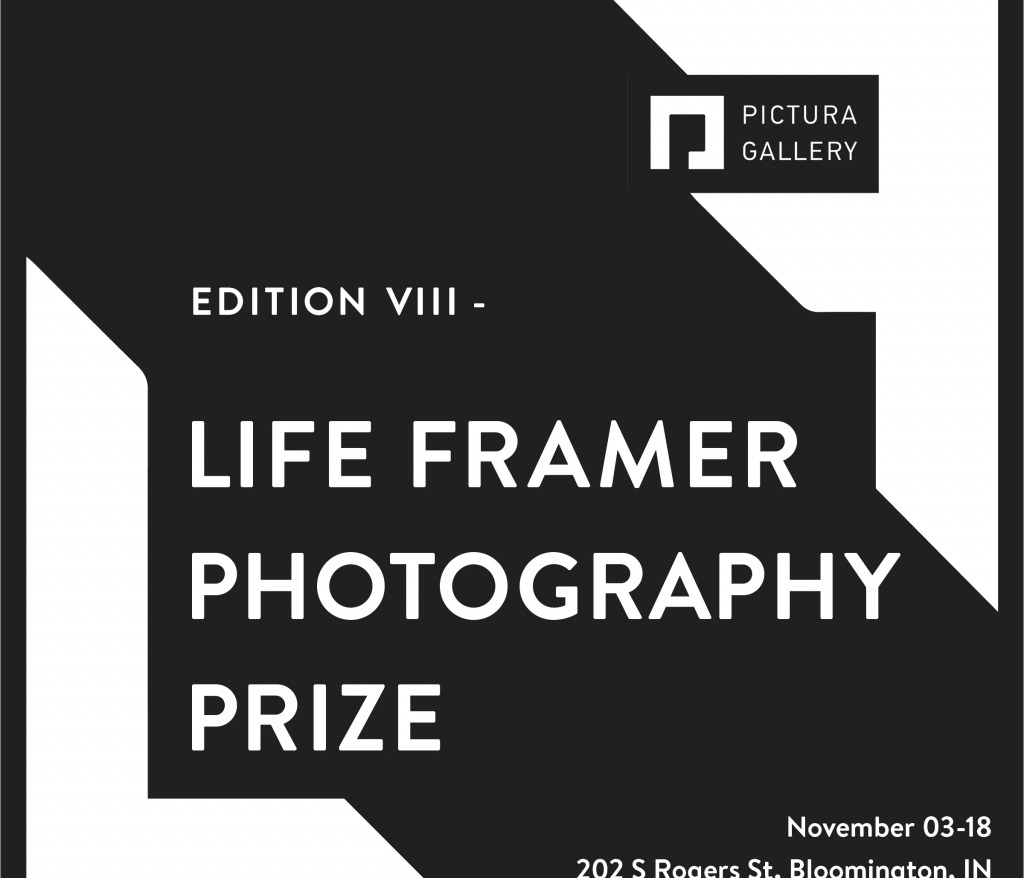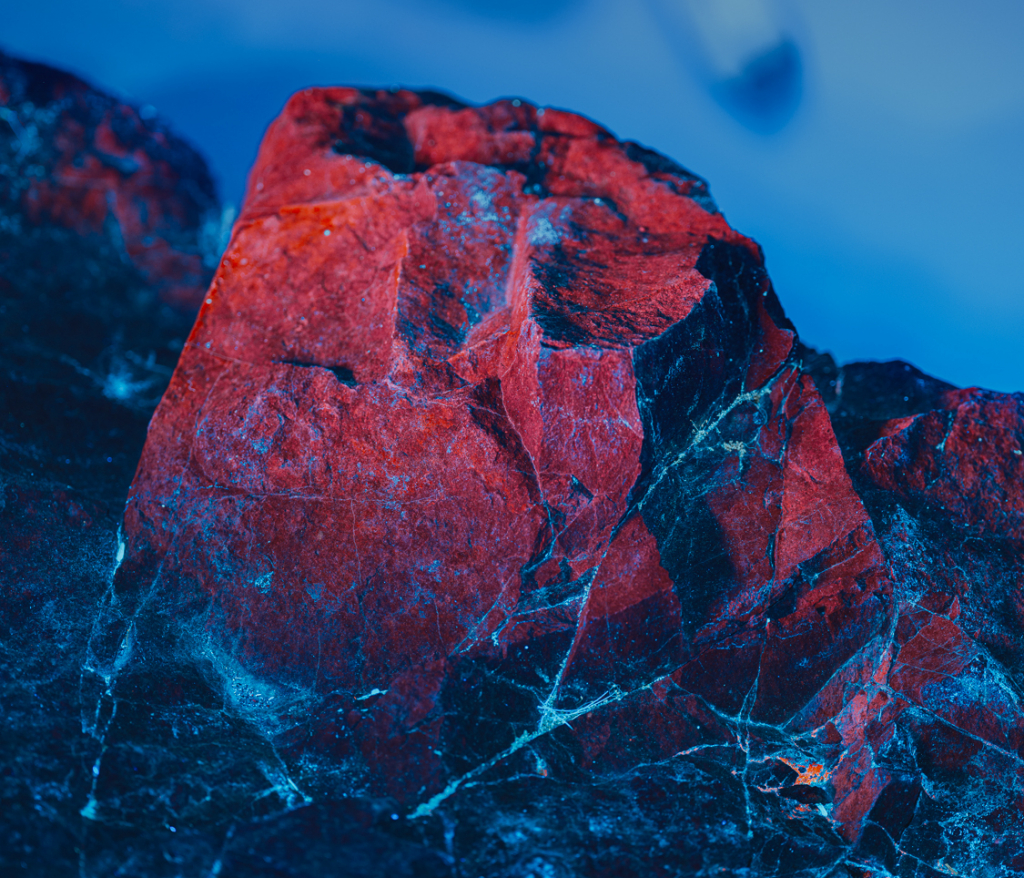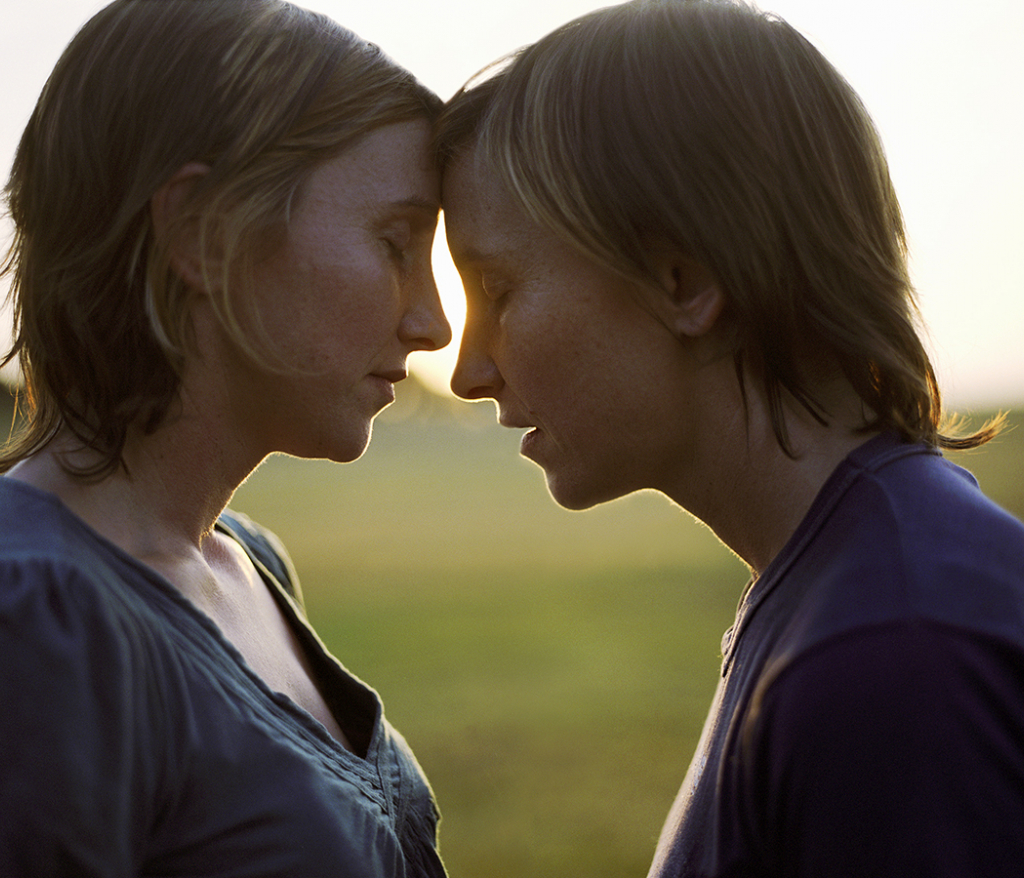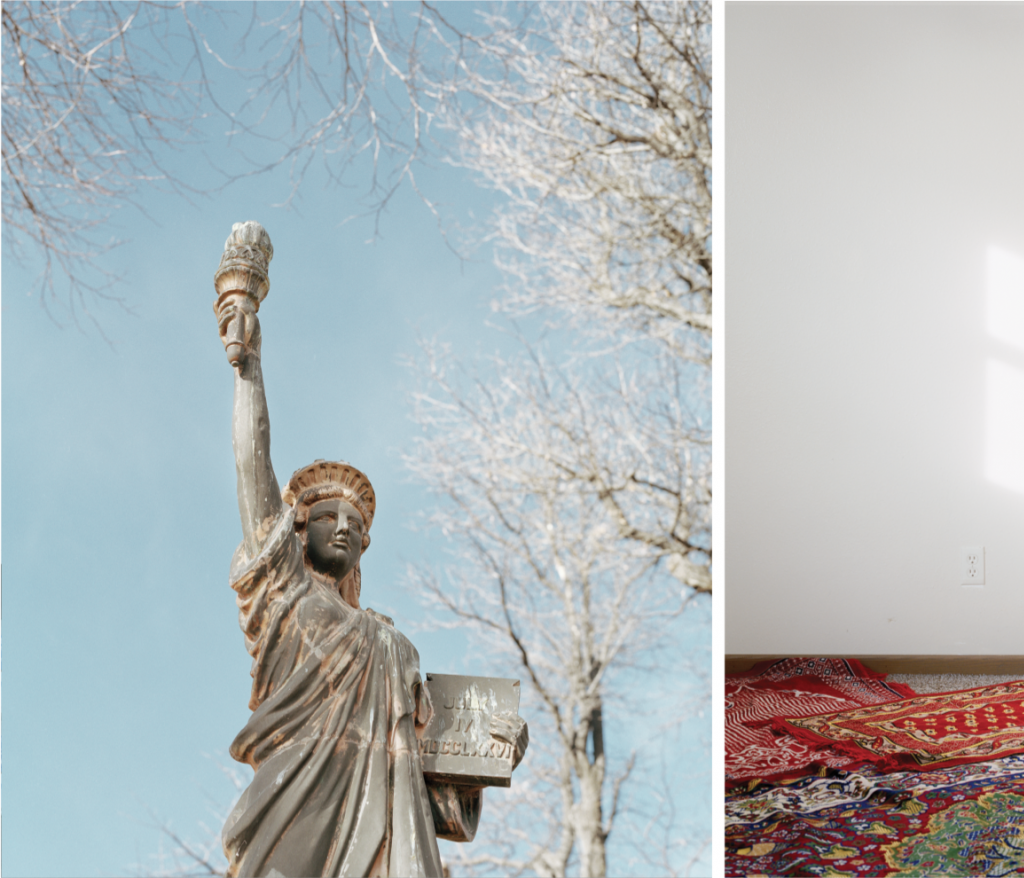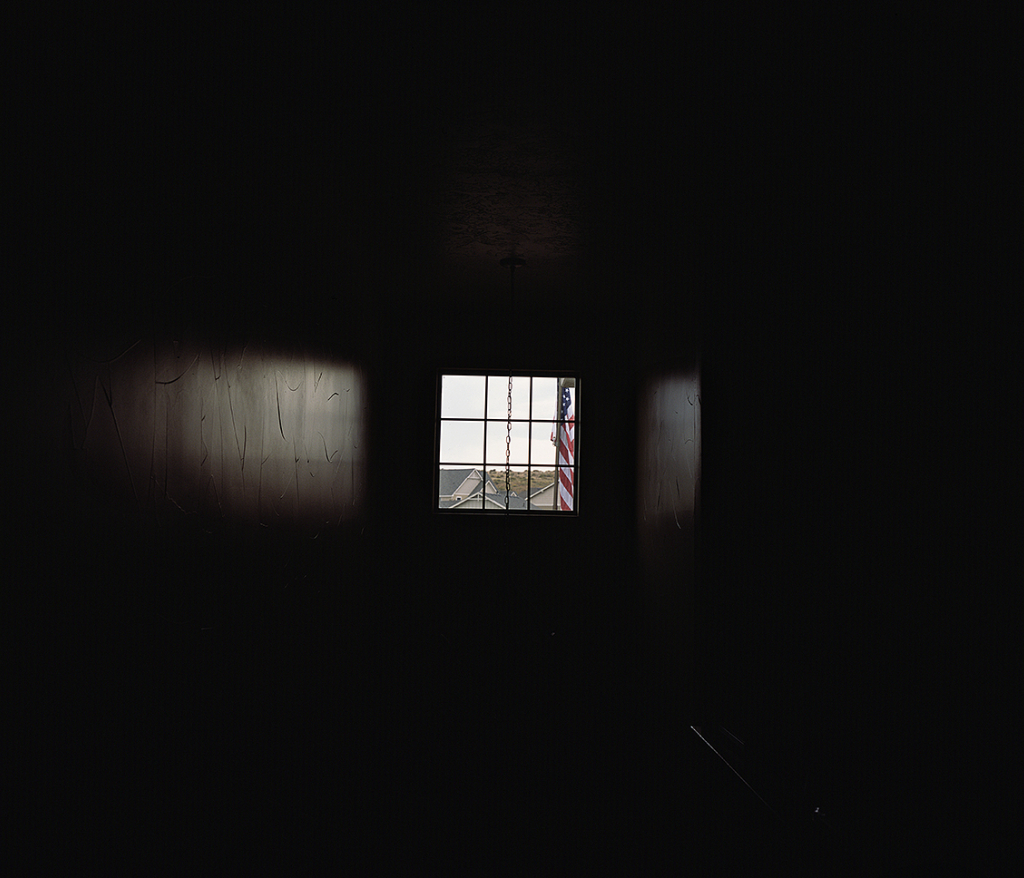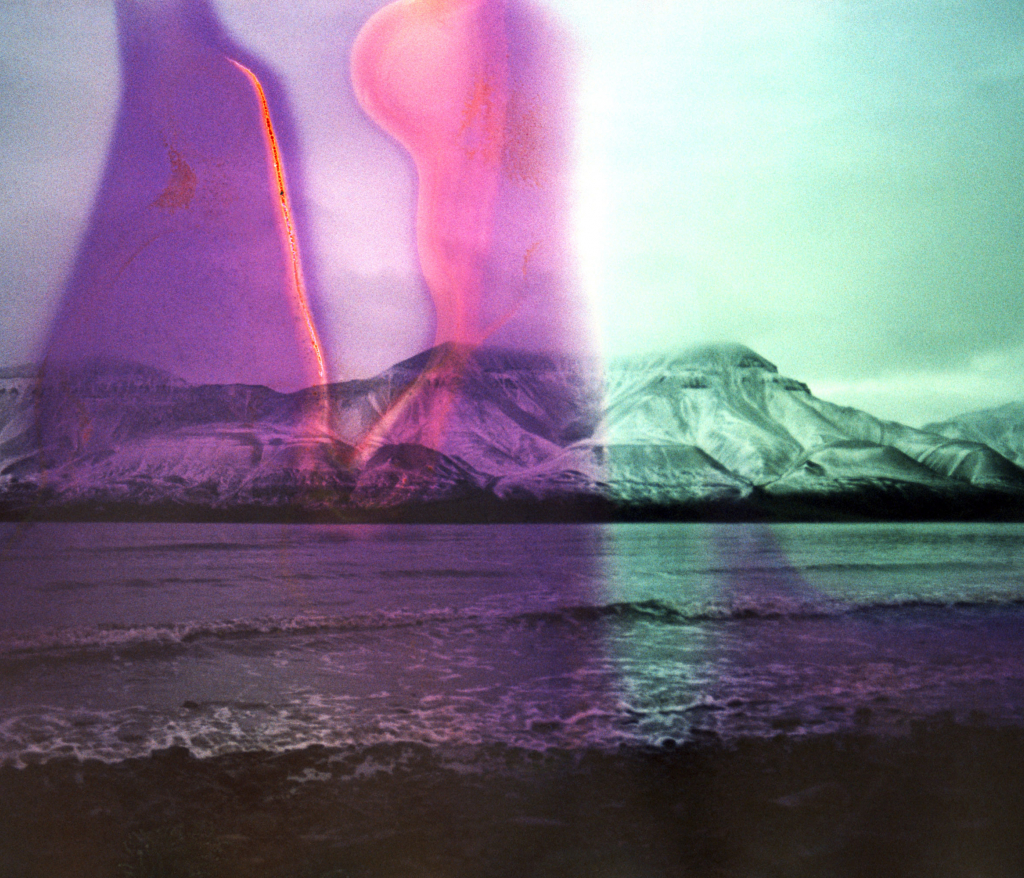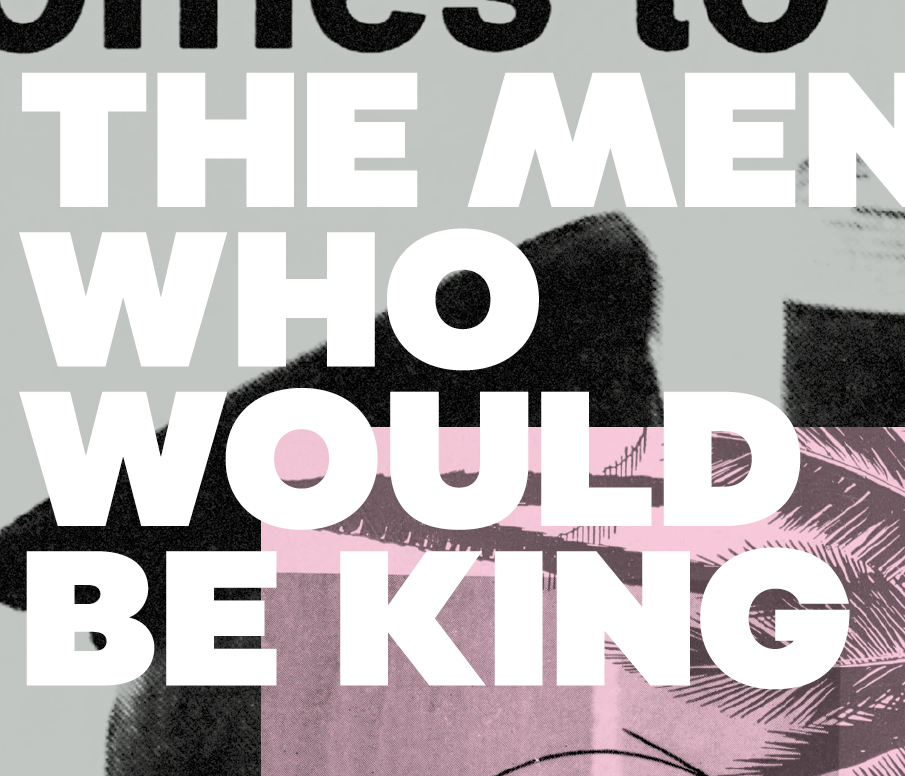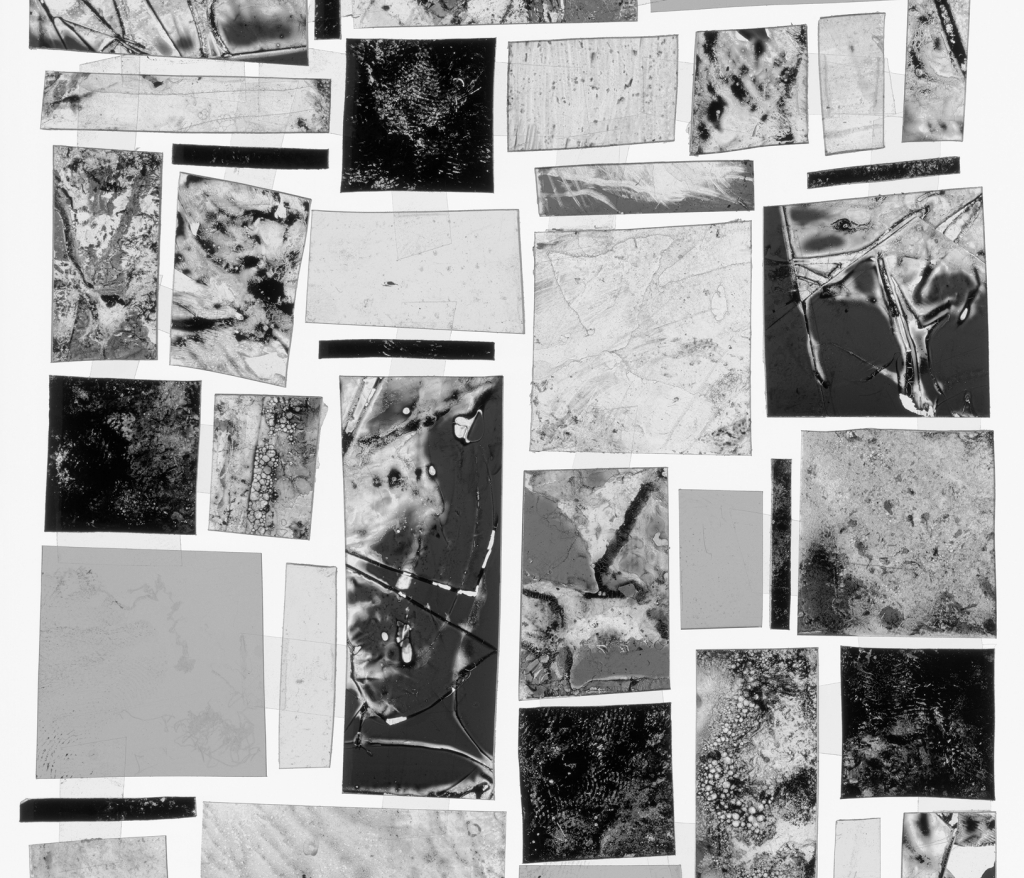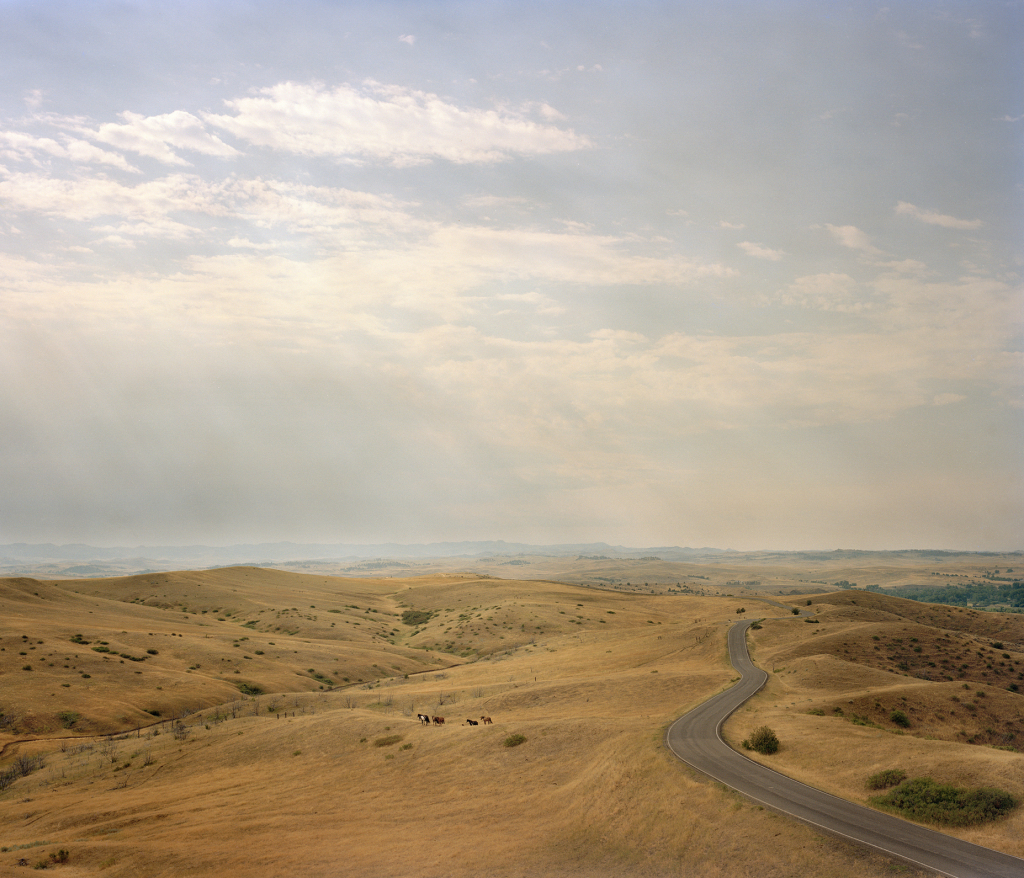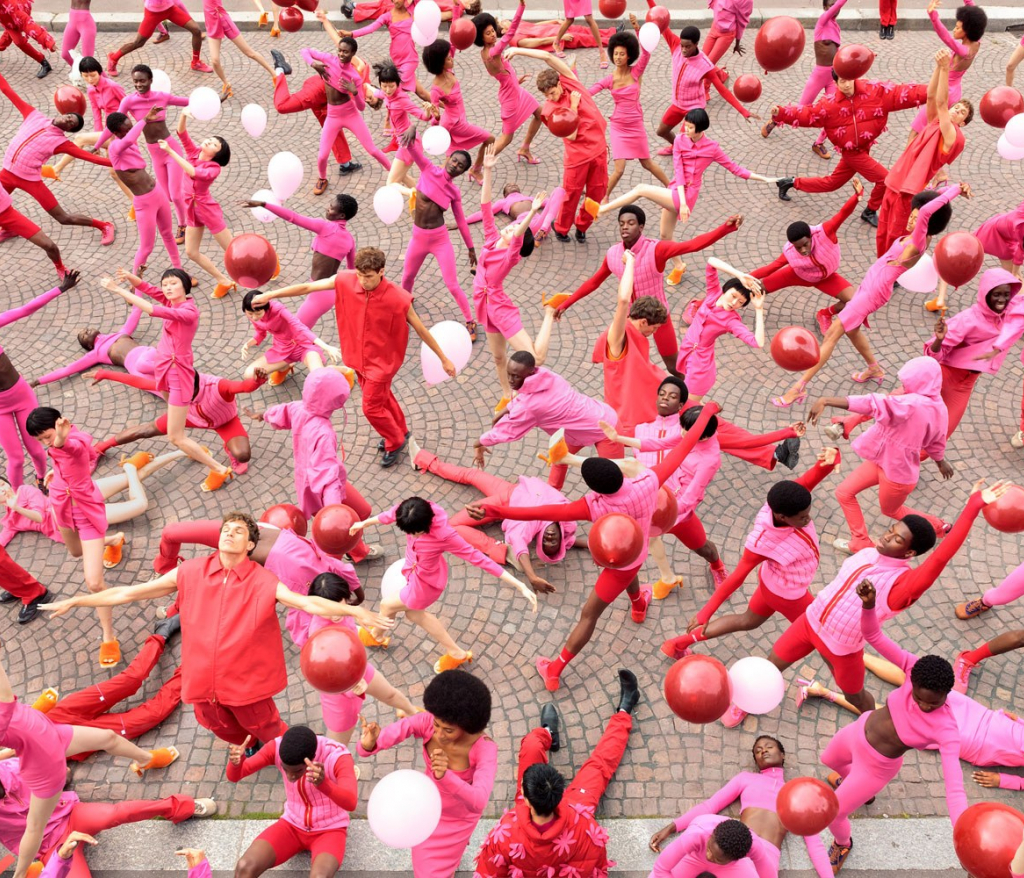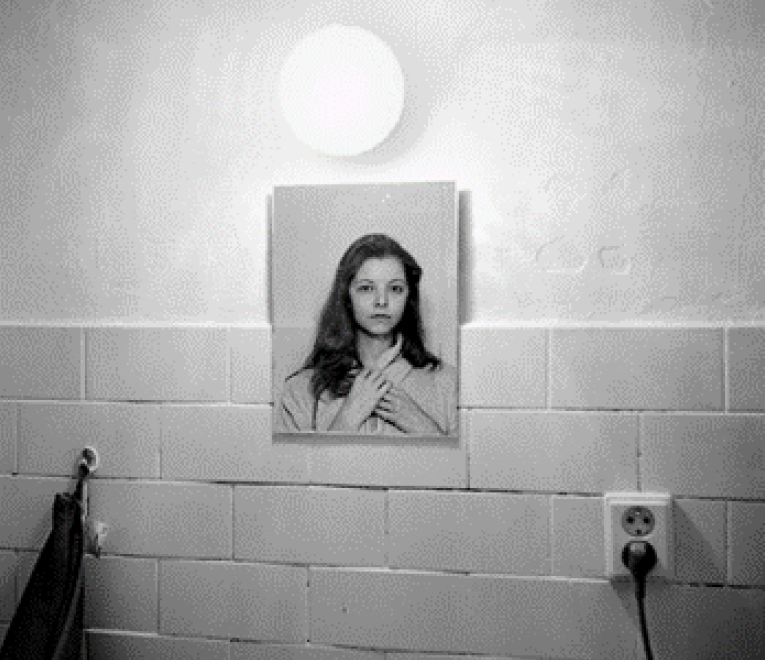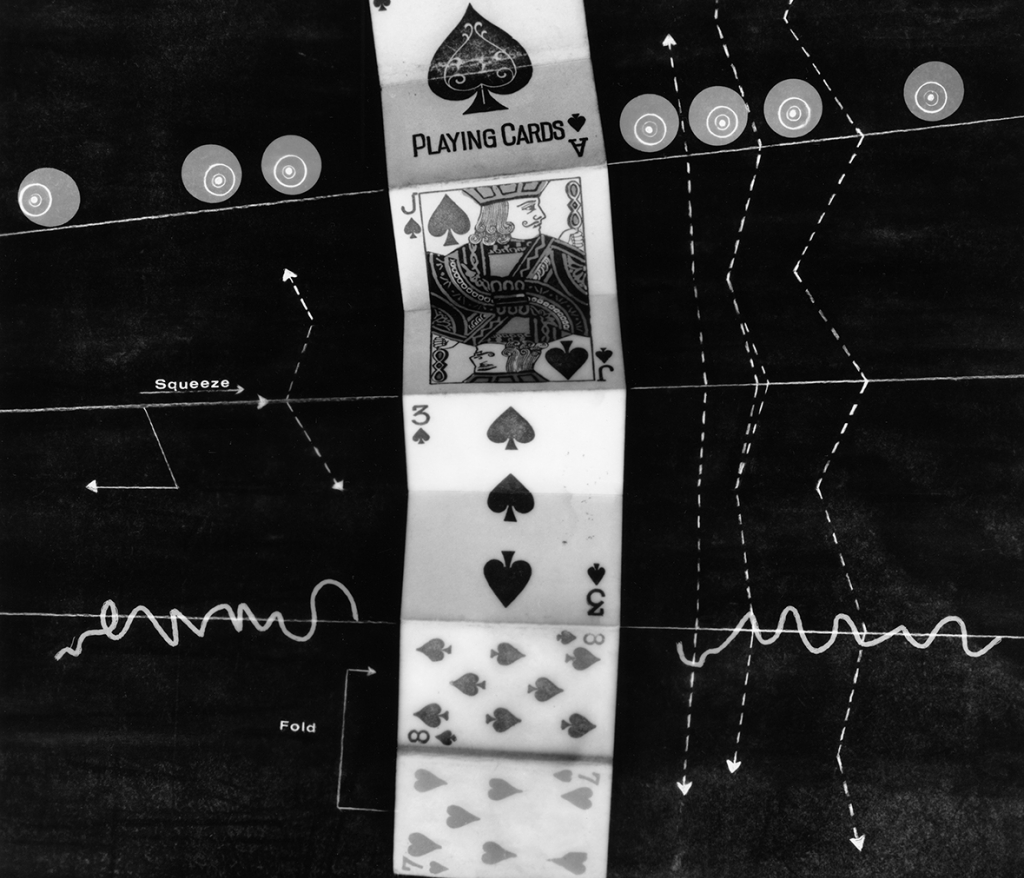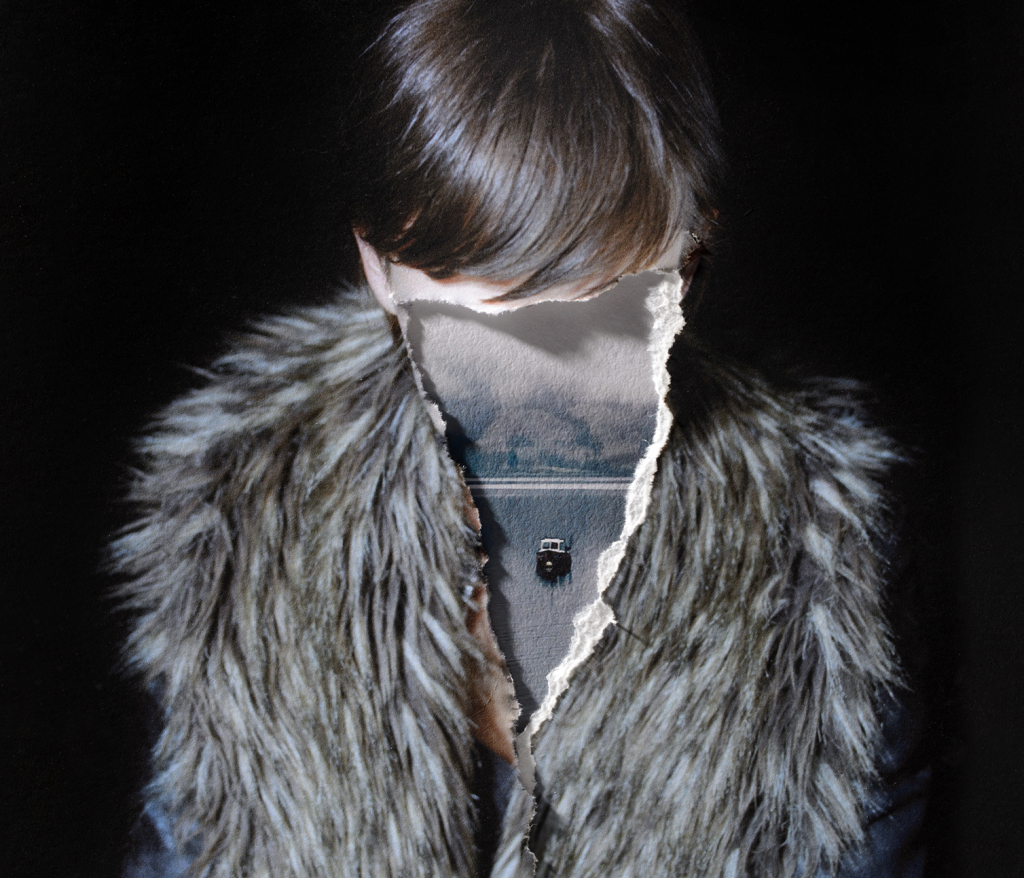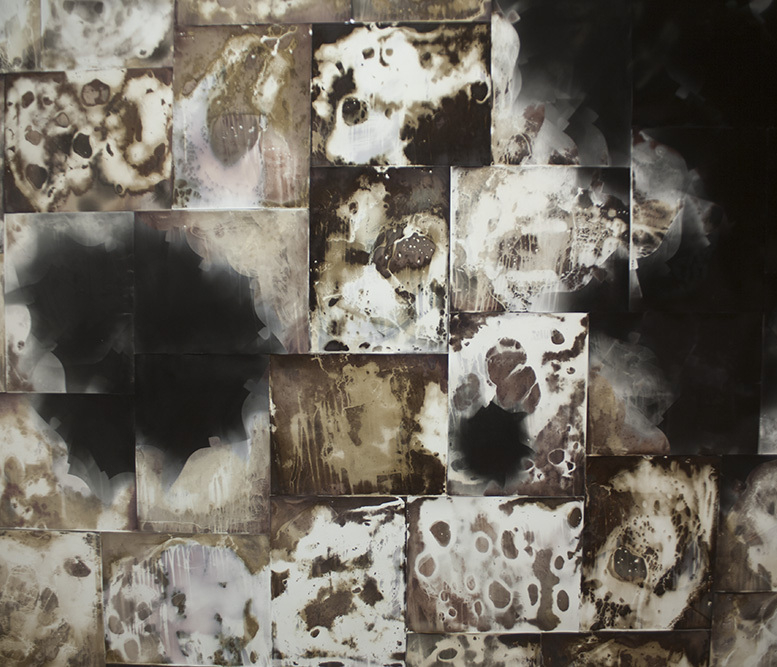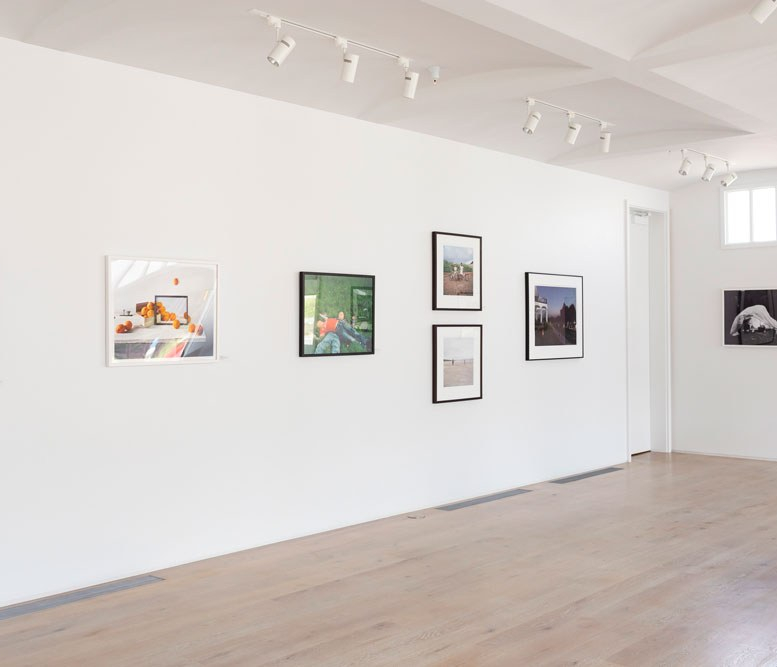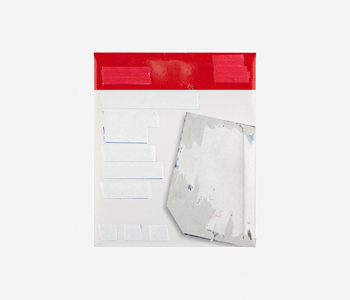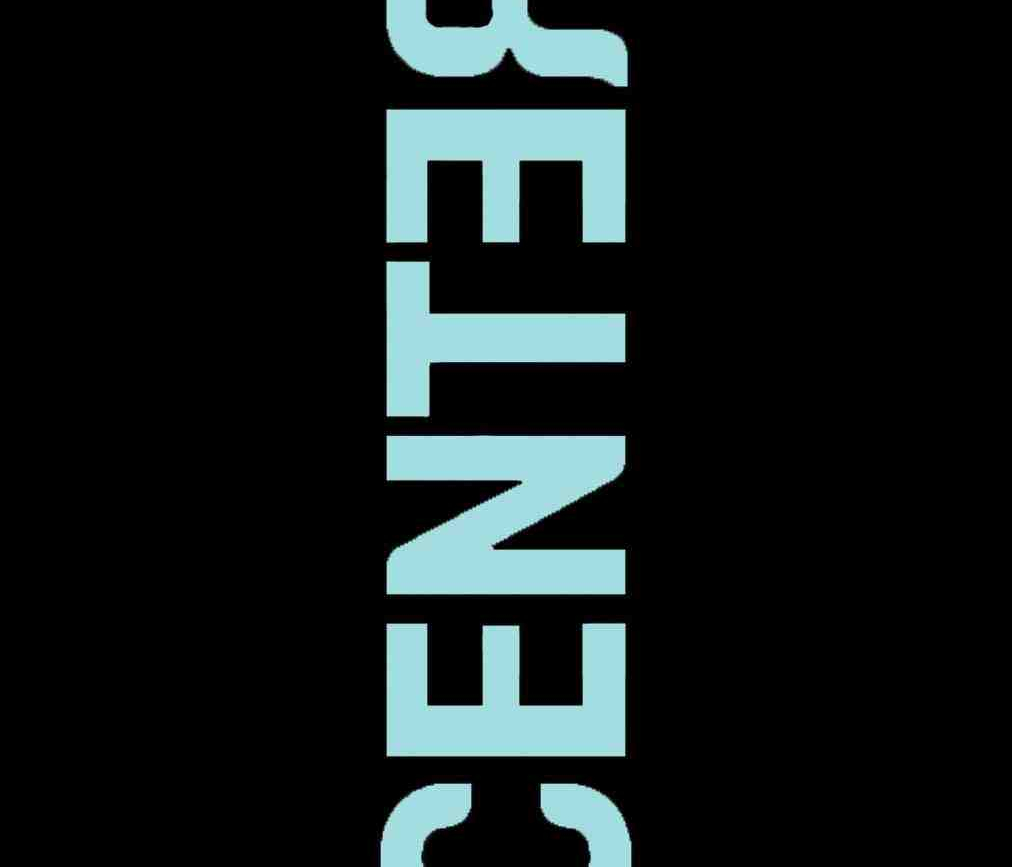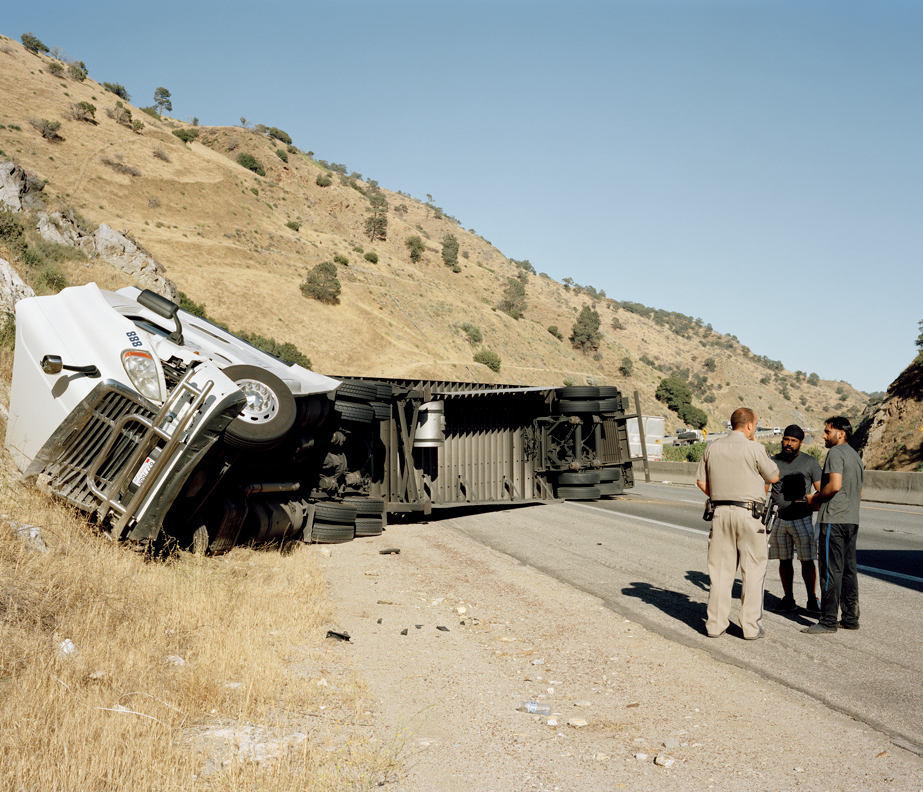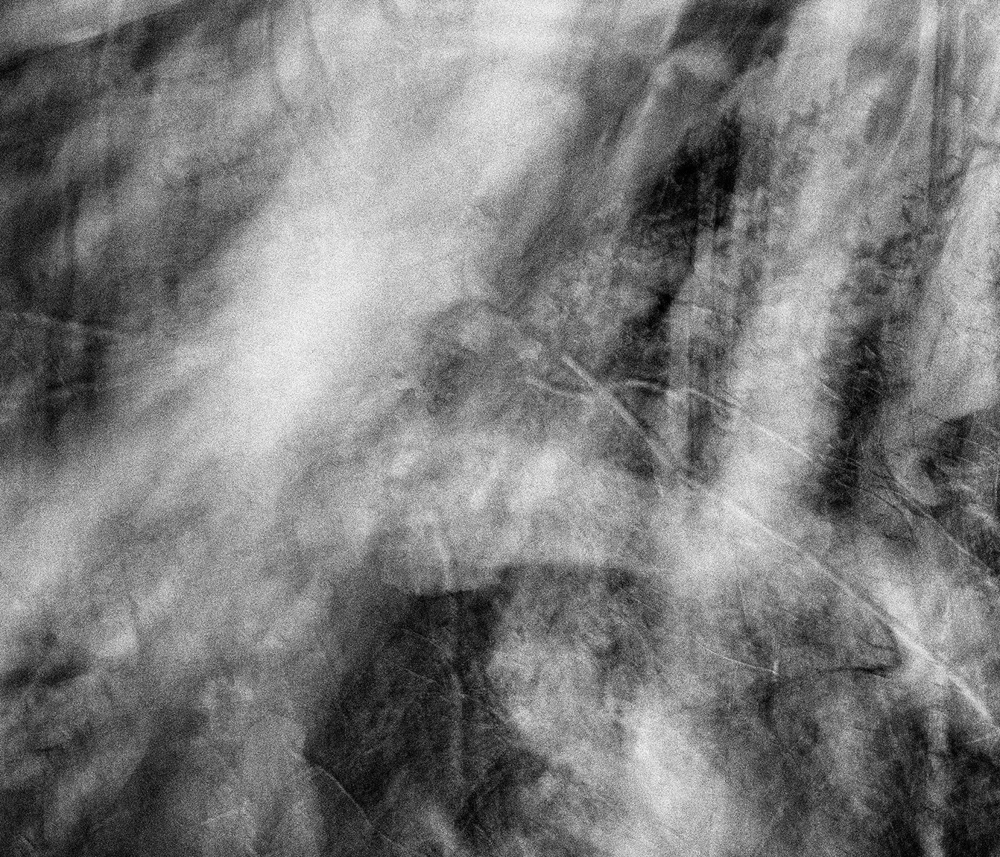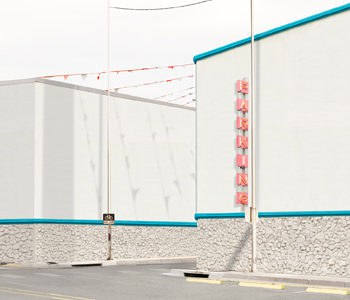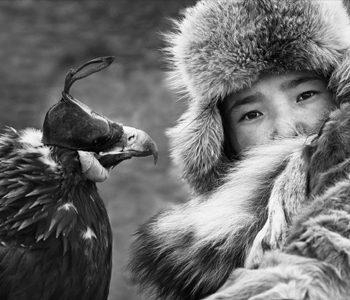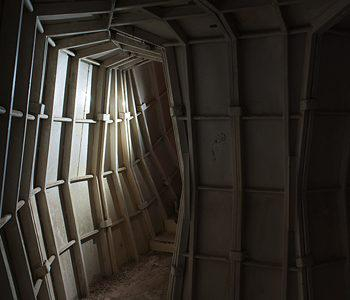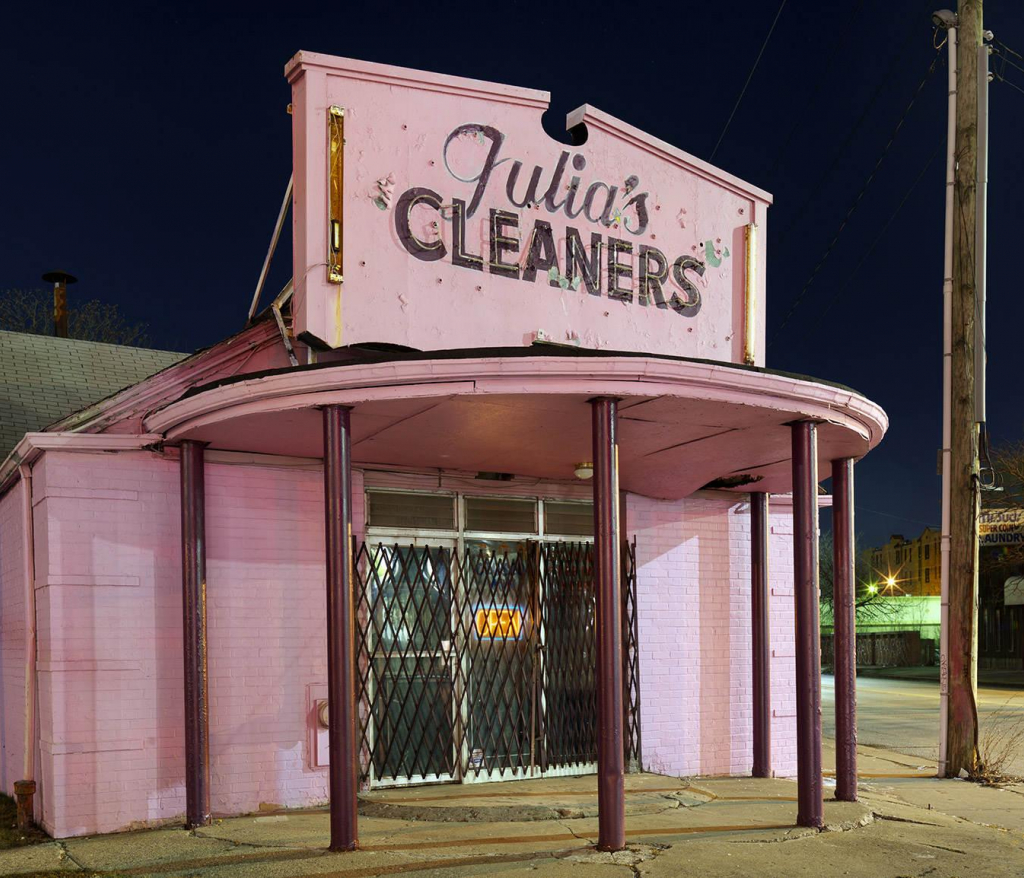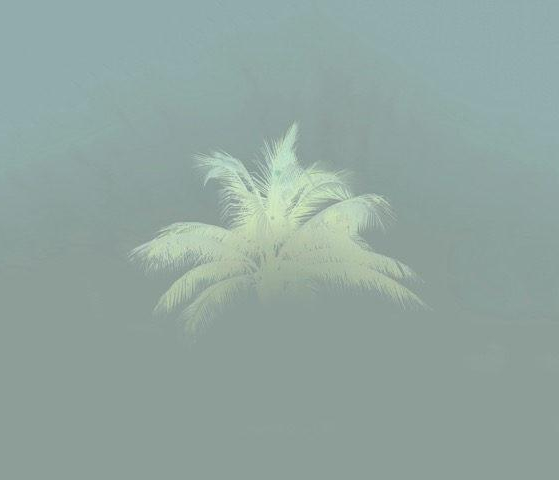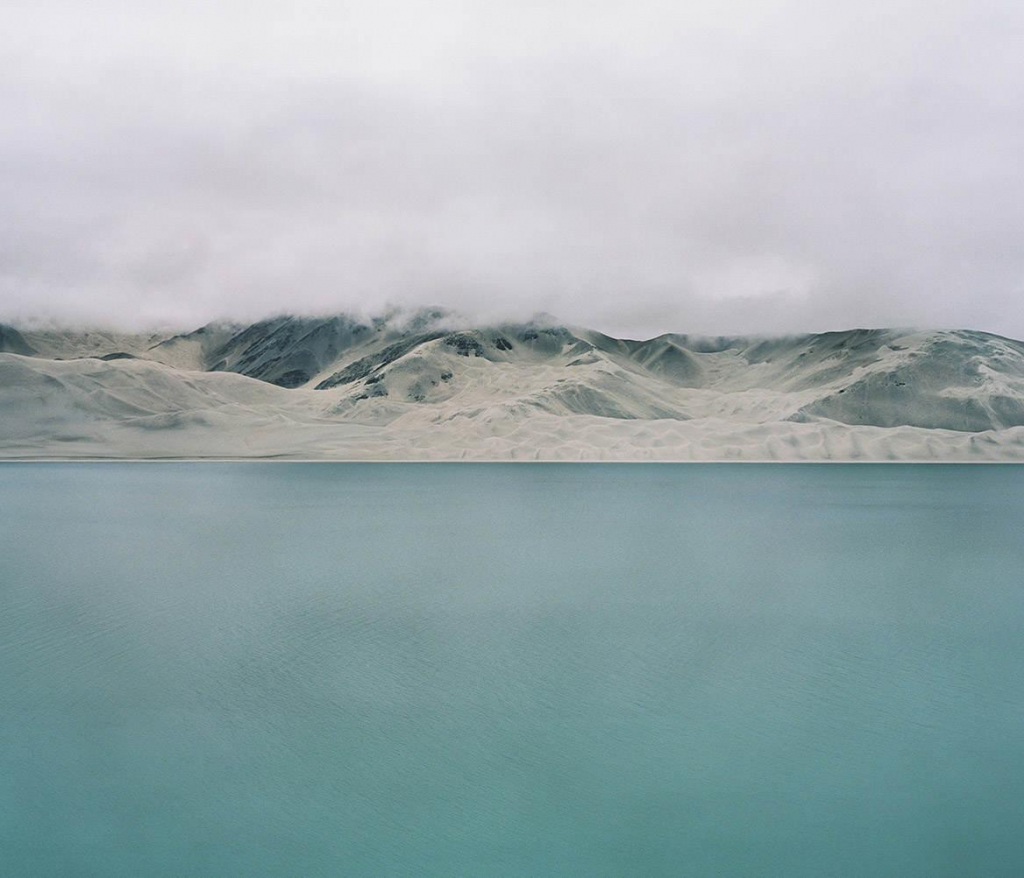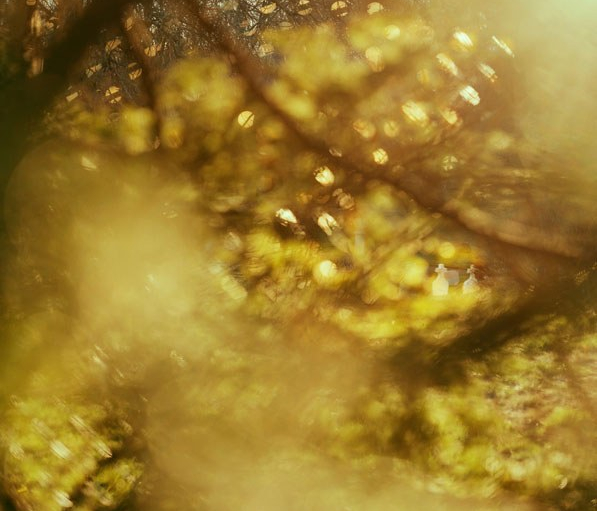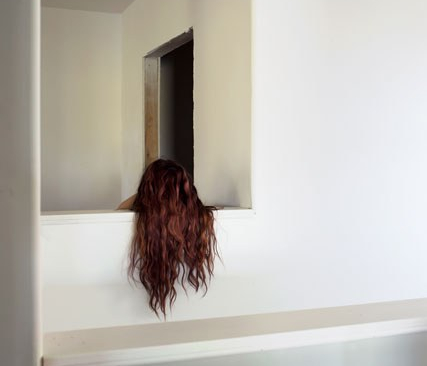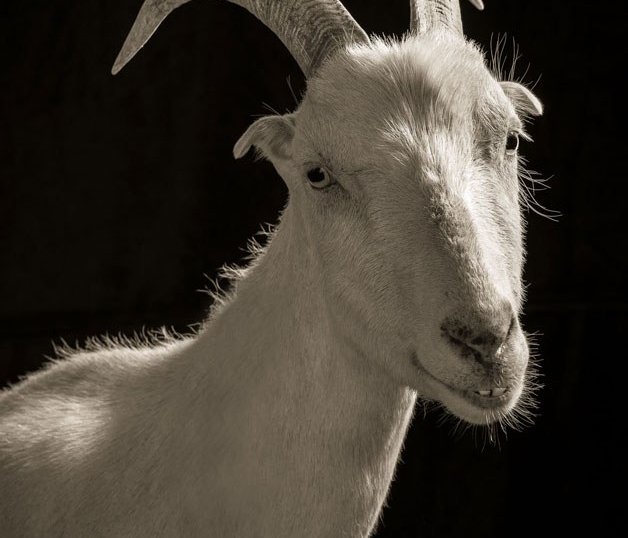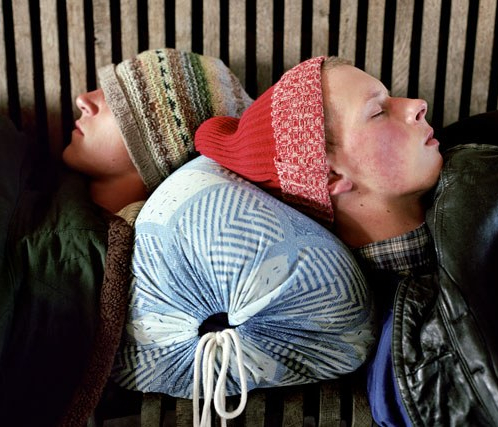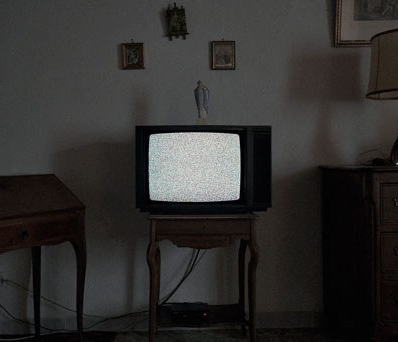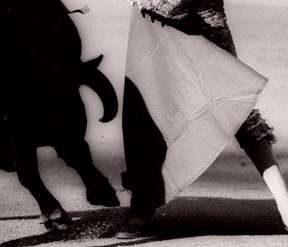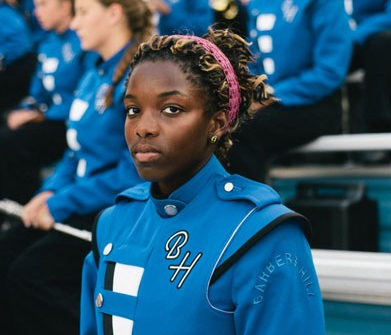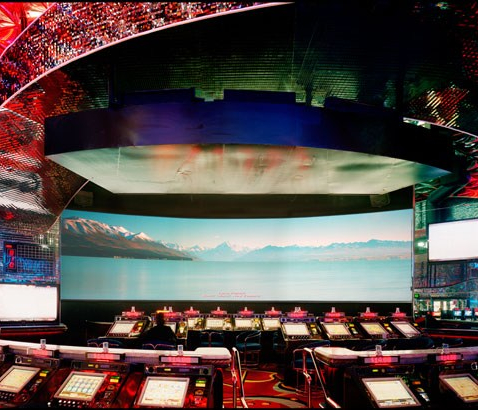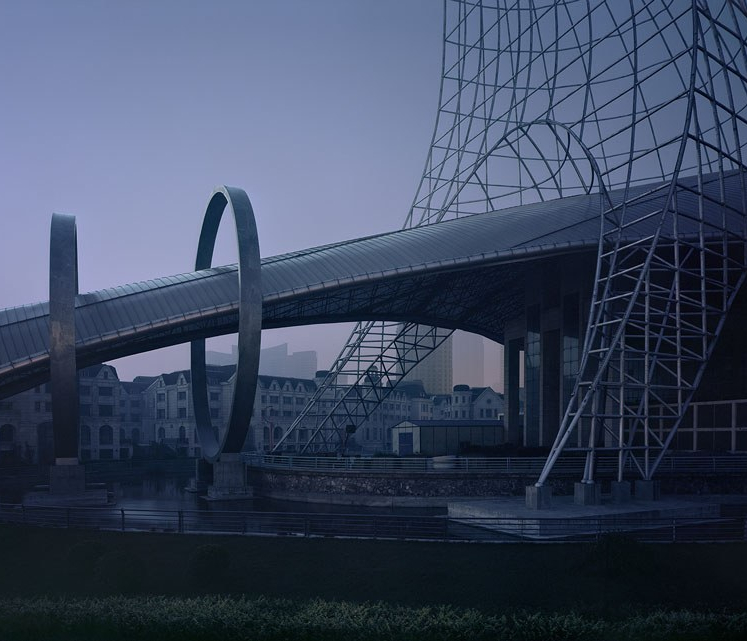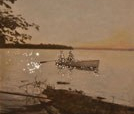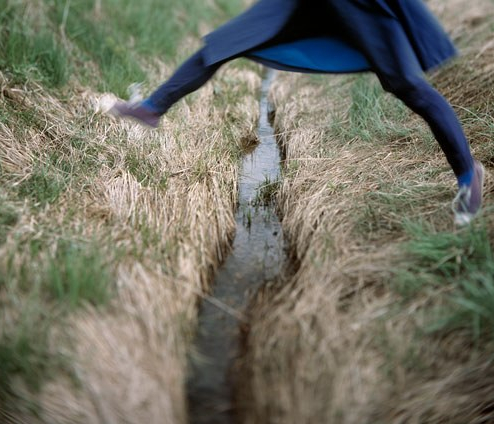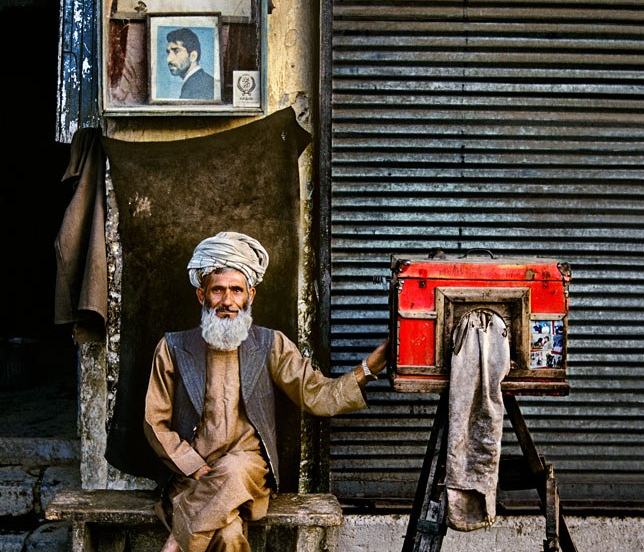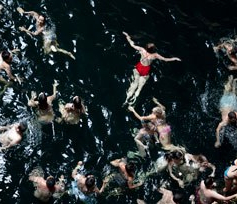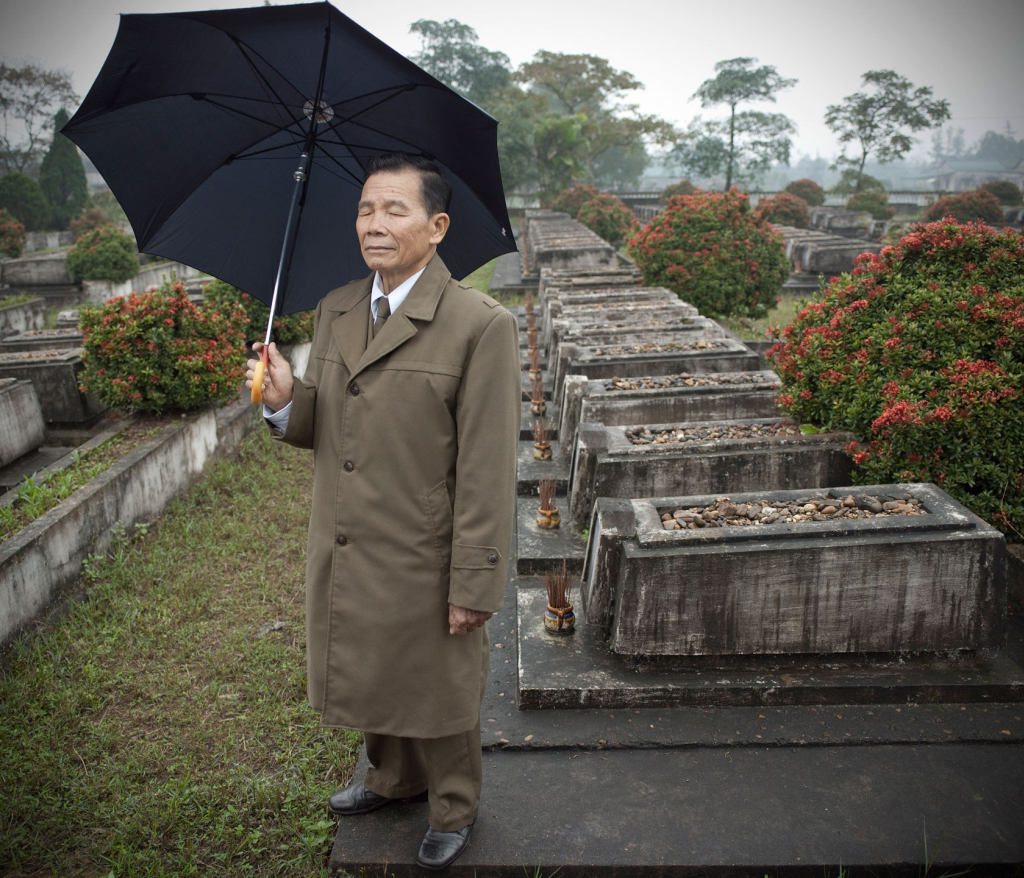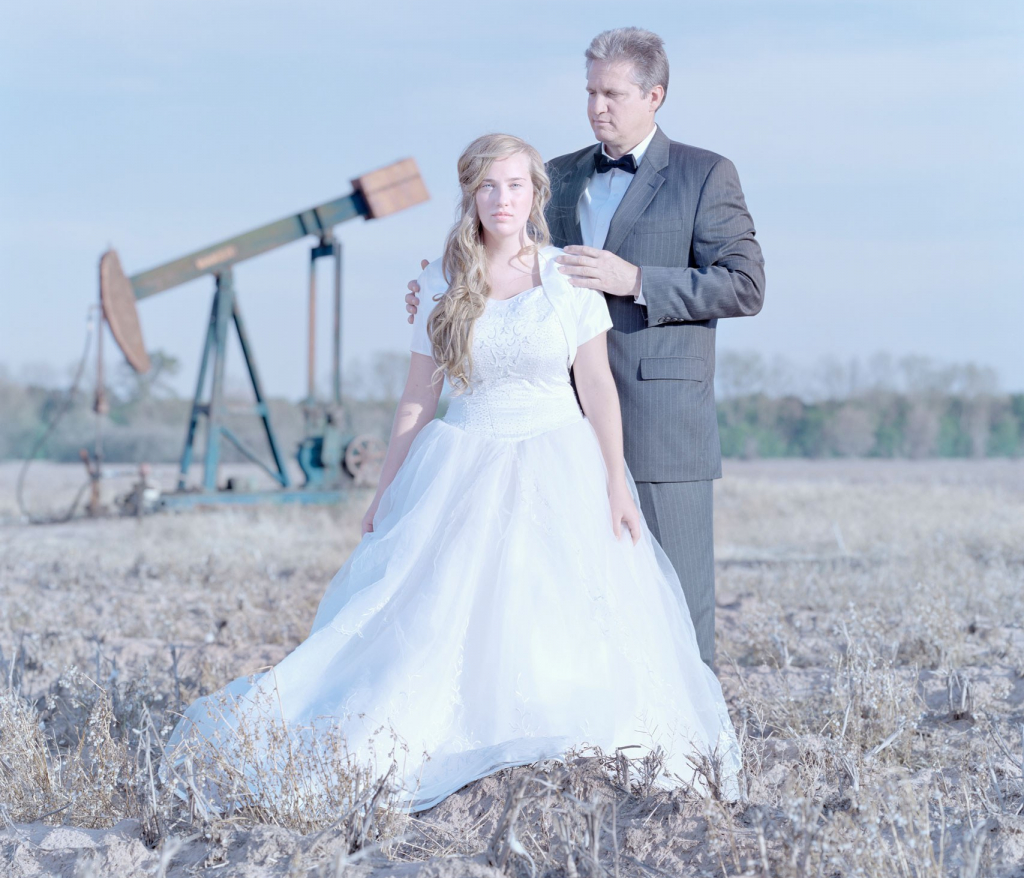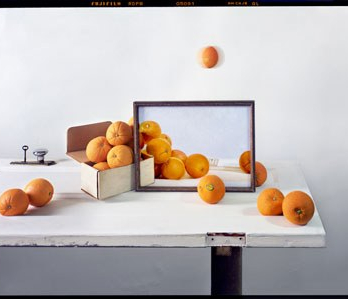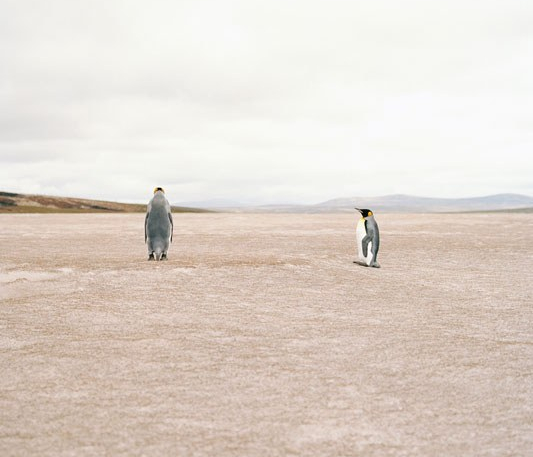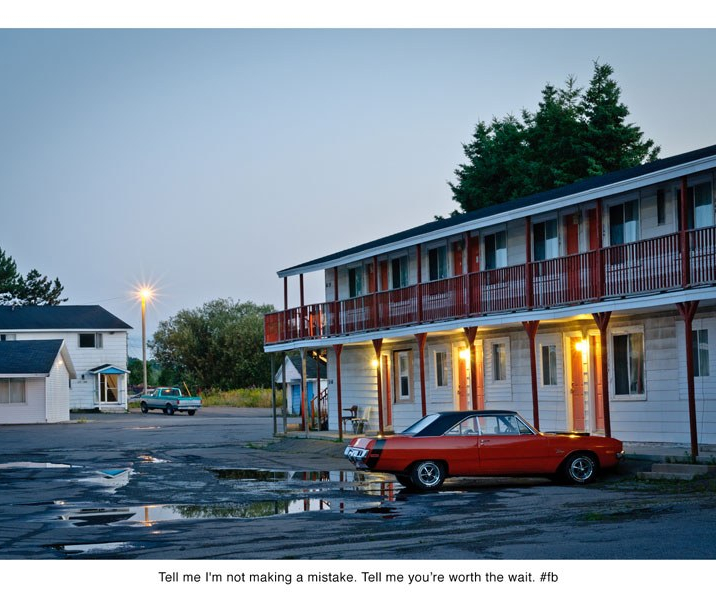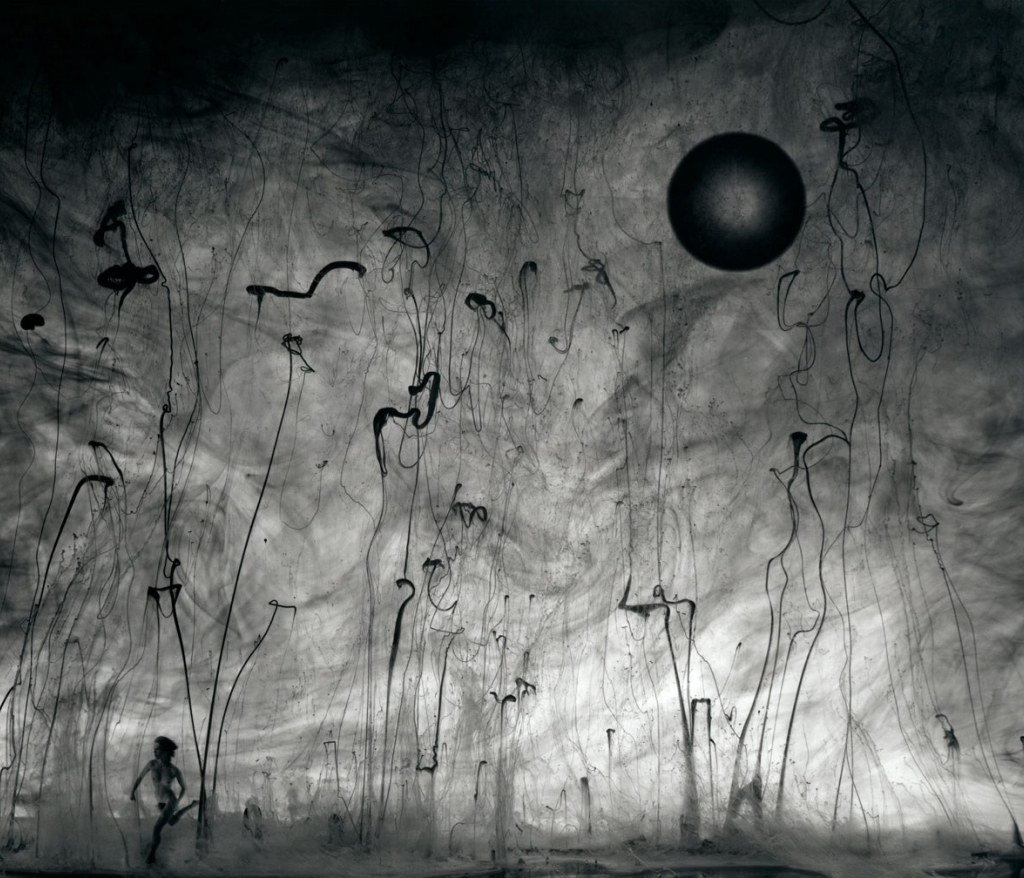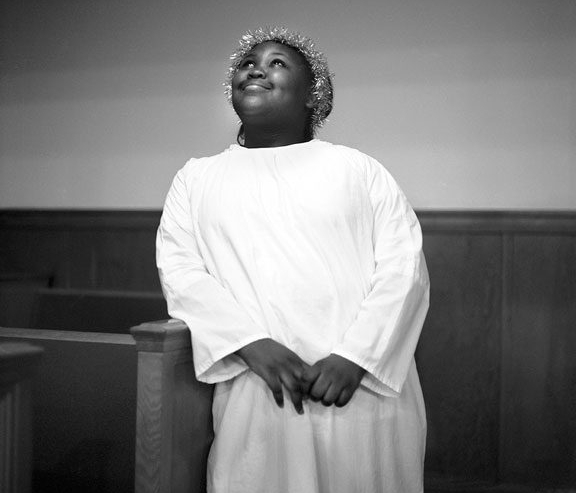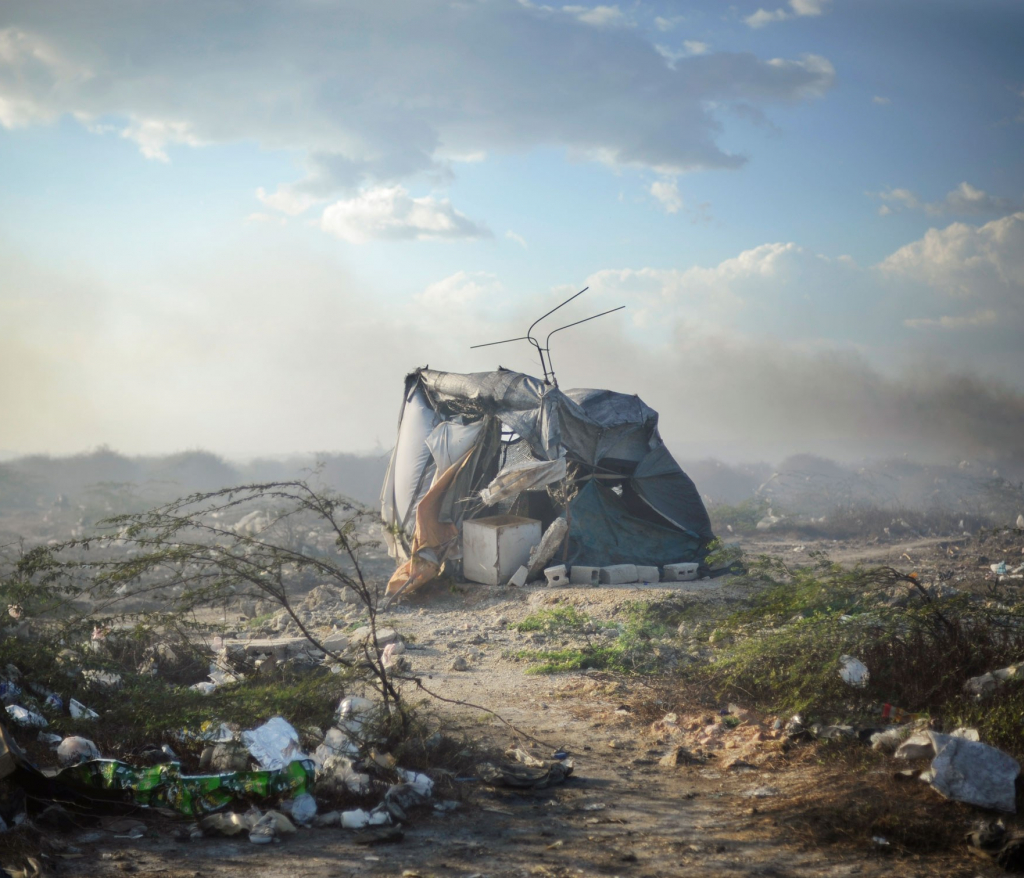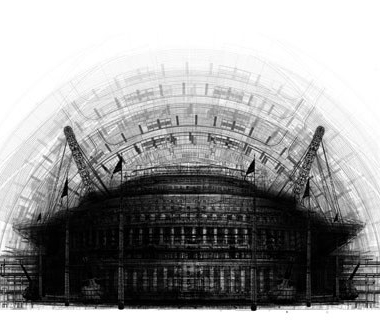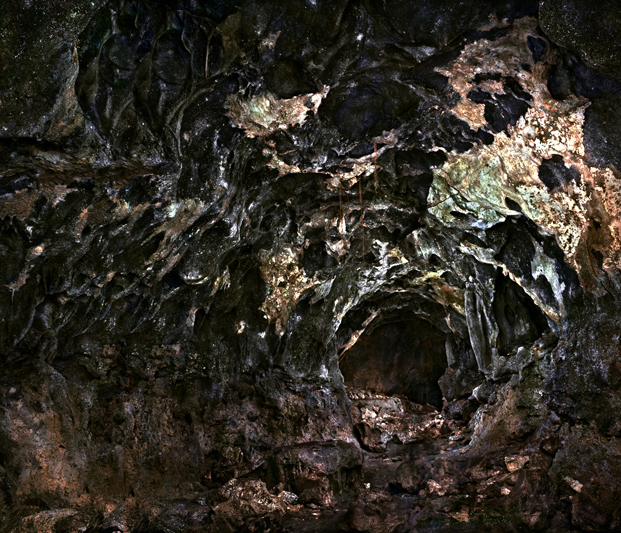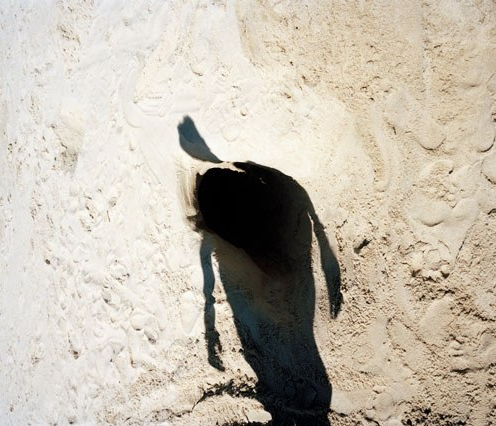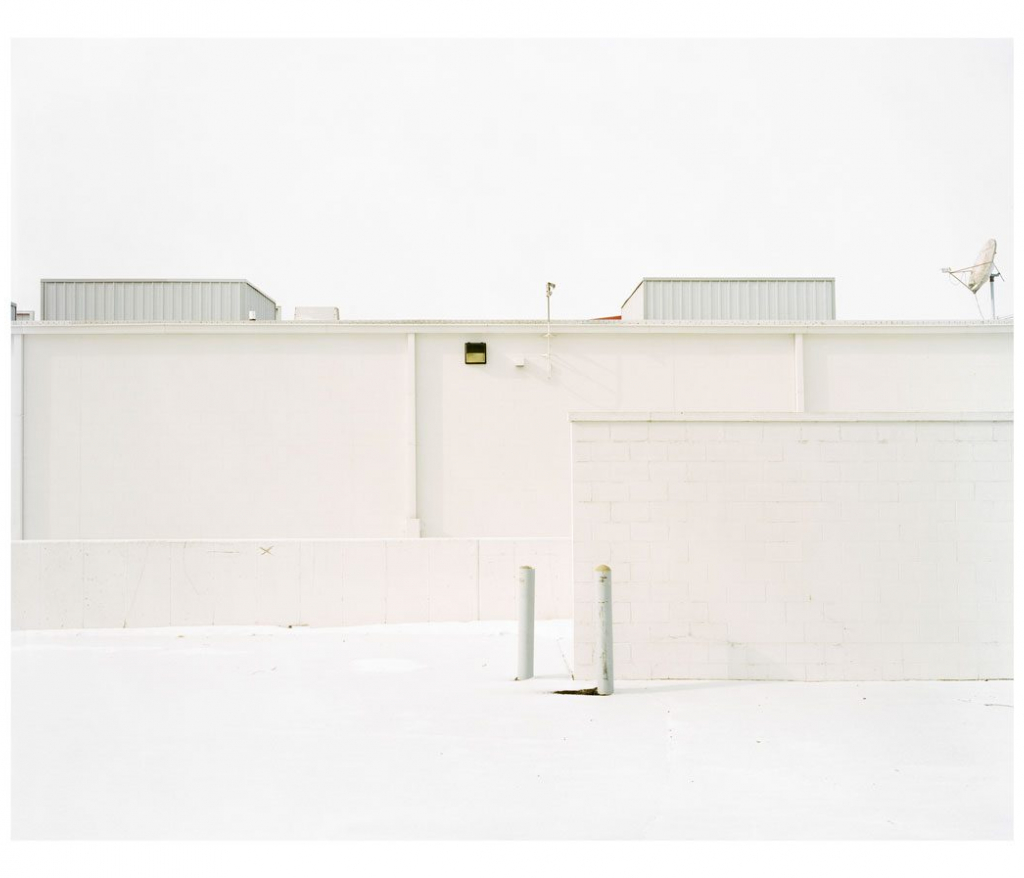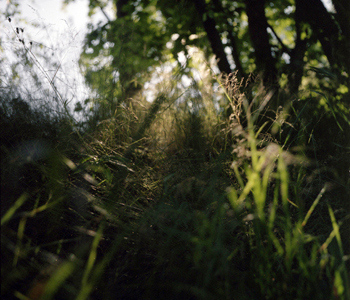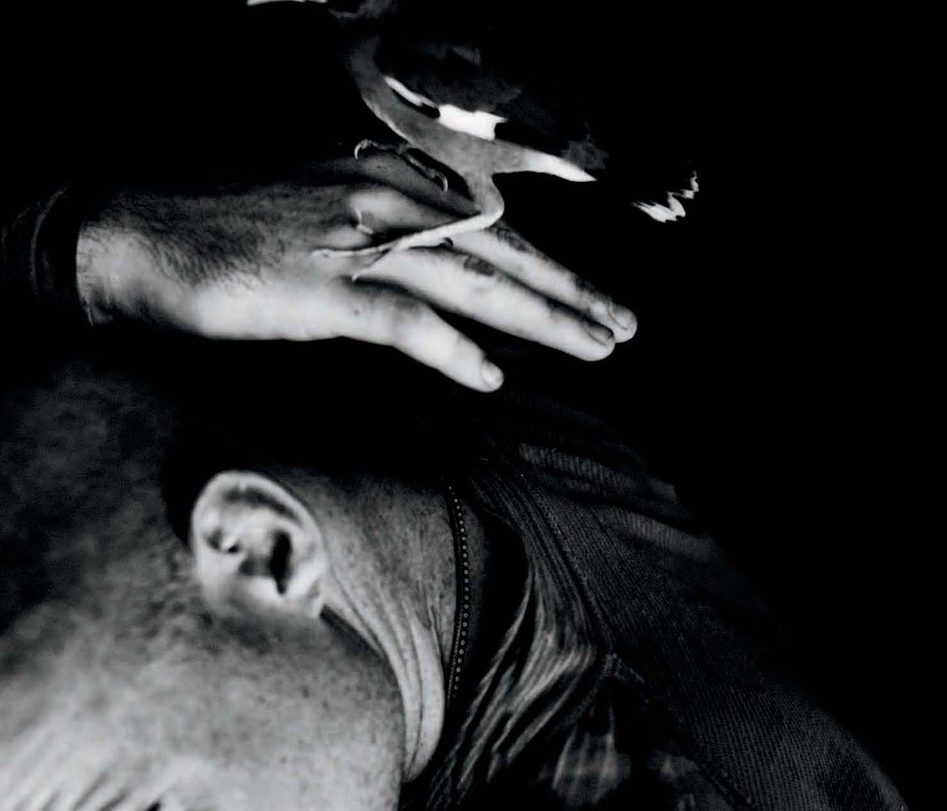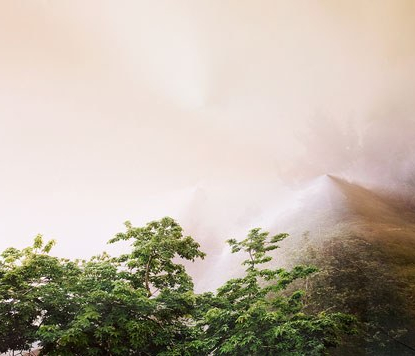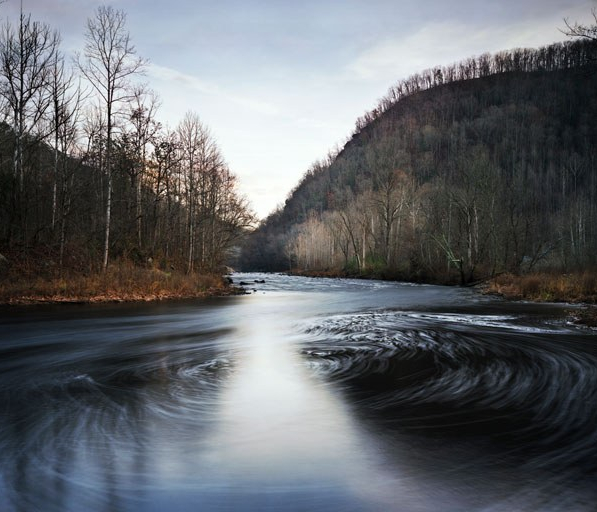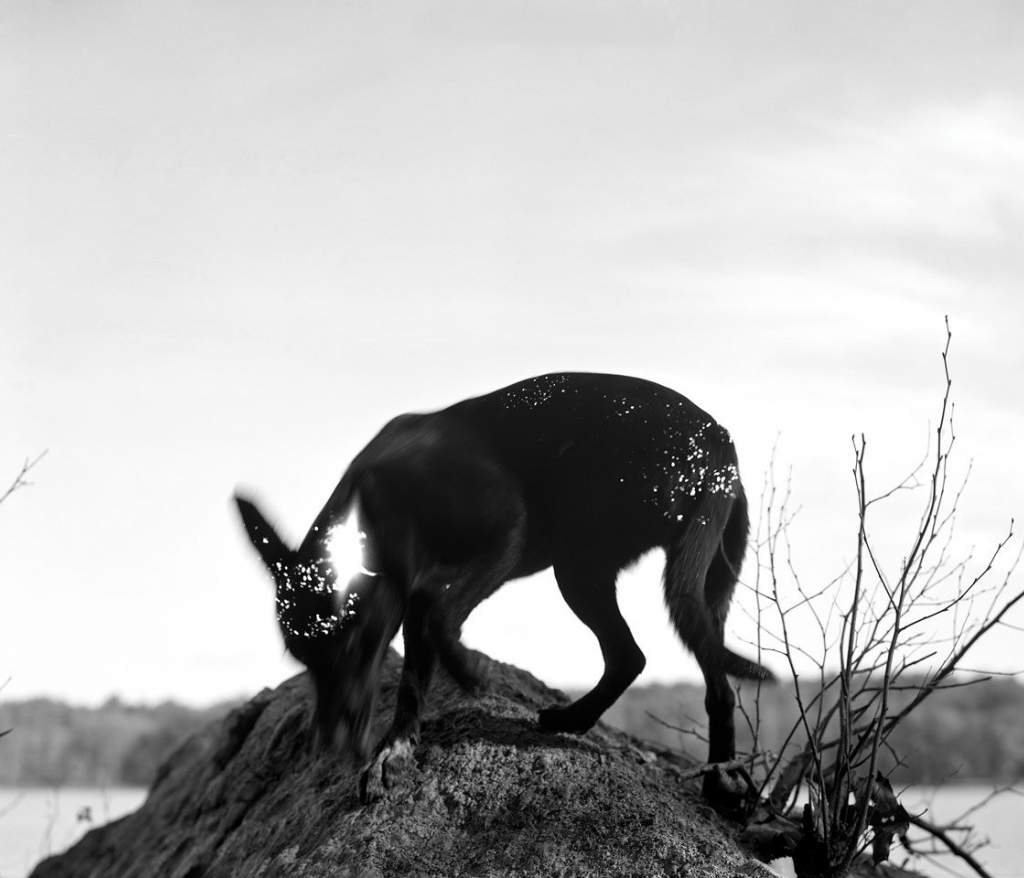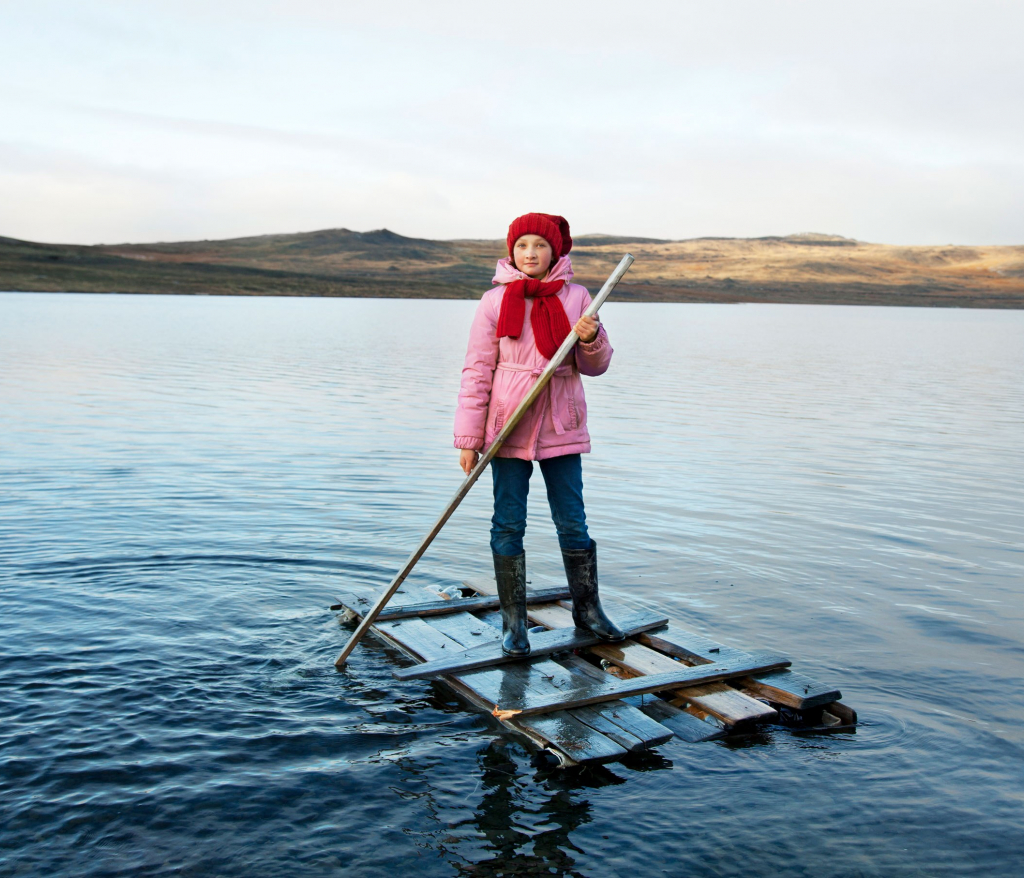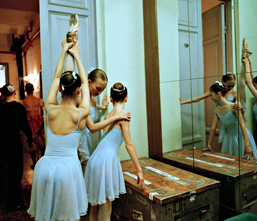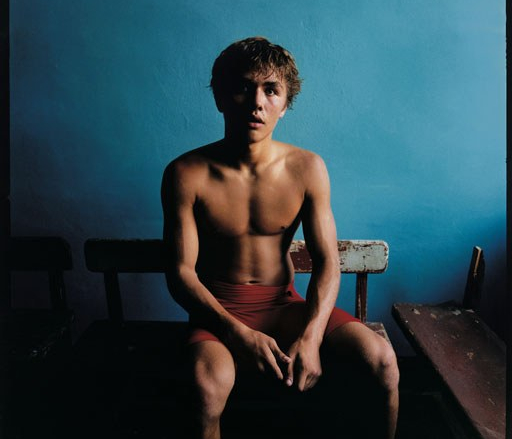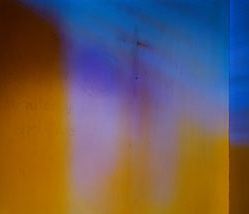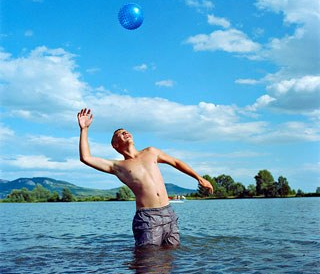Daniel Kukla & Jeff Rich
Daniel Kukla & Jeff Rich
Daniel Kukla photographs zoos, a rather common subject, but here they become unfamiliar, void of the expected inhabitants. The absence of animal life shifts the viewer’s focus to the fluorescent lighting and oddly painted backgrounds. When people have the opportunity to recreate nature, this is one picture of how we do it.Are these rooms painted for the benefit of the animals, or do they exist only for the comfort of human visitors? Moving past the artifice in the constructed landscapes, we come to the thought that these are merely bare painted rooms. Kukla’s images demonstrate our attempt to contain and recreate nature. Jeff Rich’s photographs along the riverfront examine the ways that nature shapes our own living space.Nature, in the winding form of a river, abuts industry, and man builds his home, city, and garden, somewhere between. We build a pool next to the river. We create something contained and predictable to press back against the uncontrollable natural world. With subtle observation, Rich studies the intersection of water and land, with its inhabitants and all that they bring with them.
Daniel Kukla, a native of Indianapolis, Indiana, currently resides in Brooklyn, New York where he works as a fine art photographer. He is a graduate of The International Center of Photography program in Documentary Photography and Photojournalism. Prior to his photographic education he attended The University of Toronto and received his B.Sc. in Evolutionary Ecology, Biology, and Evolutionary Human Anatomy. His work has been exhibited in the United States, United Kingdom, Canada, China, Lithuania, Malaysia, Singapore and Spain, and has been published in The New York Times, The Washington Post, On Earth Magazine, New York Post, and National Geographic.
Captive Landscapes | Artist Statement
We, as humans, go to great lengths to satisfy our desire for a connection with the natural world, especially in our interactions with wild and exotic animals. Zoos are the primary site for this relationship, but they often obscure the conflicts inherent in maintaining and displaying captive wild animals. In this series, I photographed the interiors of animal enclosures at 15 different zoos across the U.S. and Europe. These images invite the viewer to question the role of these constructed habitats, and explore the motivations behind collecting, preserving, and controlling the natural world.
Jeff Rich’s work focuses on water issues ranging from recreation and sustainability to exploitation and abuse. Jeff explores these subjects by using long-term photographic documentations of very specific regions of the United States. Jeff received his MFA in photography at Savannah College of Art and Design in Savannah, Georgia in 2008. Jeff’s project “Watershed: A Survey of The French Broad River Basin” was recently awarded the 2010 Critical Mass Book Award, and will be published as a monograph in December 2012. His work has been featured in Fraction Magazine and as one of Daylight Magazine’s monthly podcasts as well as Photo-Eye’s Photographer’s Showcase. Jeff was recently named as one of the winners of the Magenta Flash Forward 2011 Emerging Photographers Competition.
Watershed | Artist Statement
A common misconception of a watershed is that it’s all about the water. While water does play a large part, the land plays an even larger role by directing the water to a common point, such as a river or ocean. Thus human impact on the land directly affects the water that runs over it. With this project I intend to highlight this relationship between the land, water, and man, within the Mississippi River watershed. This work shows the constant change that occurs within the watershed of the French Broad River due to man’s presence, as well as natural causes such as floods and erosion. Beginning at the headwaters of the French Broad and following the river through Western North Carolina into Tennessee, where it joins with the Holston River to form the Tennessee River, this project documents the development and use of the watershed. It is my hope that by documenting the rivers of the French Broad, its citizens, and environs, this project will bring attention to the importance of the growing sustainability movement in this watershed and beyond.
Daniel Kukla & Jeff Rich
Daniel Kukla photographs zoos, a rather common subject, but here they become unfamiliar, void of the expected inhabitants. The absence of animal life shifts the viewer’s focus to the fluorescent lighting and oddly painted backgrounds. When people have the opportunity to recreate nature, this is one picture of how we do it.Are these rooms painted for the benefit of the animals, or do they exist only for the comfort of human visitors? Moving past the artifice in the constructed landscapes, we come to the thought that these are merely bare painted rooms. Kukla’s images demonstrate our attempt to contain and recreate nature. Jeff Rich’s photographs along the riverfront examine the ways that nature shapes our own living space.Nature, in the winding form of a river, abuts industry, and man builds his home, city, and garden, somewhere between. We build a pool next to the river. We create something contained and predictable to press back against the uncontrollable natural world. With subtle observation, Rich studies the intersection of water and land, with its inhabitants and all that they bring with them.
Daniel Kukla, a native of Indianapolis, Indiana, currently resides in Brooklyn, New York where he works as a fine art photographer. He is a graduate of The International Center of Photography program in Documentary Photography and Photojournalism. Prior to his photographic education he attended The University of Toronto and received his B.Sc. in Evolutionary Ecology, Biology, and Evolutionary Human Anatomy. His work has been exhibited in the United States, United Kingdom, Canada, China, Lithuania, Malaysia, Singapore and Spain, and has been published in The New York Times, The Washington Post, On Earth Magazine, New York Post, and National Geographic.
Captive Landscapes | Artist Statement
We, as humans, go to great lengths to satisfy our desire for a connection with the natural world, especially in our interactions with wild and exotic animals. Zoos are the primary site for this relationship, but they often obscure the conflicts inherent in maintaining and displaying captive wild animals. In this series, I photographed the interiors of animal enclosures at 15 different zoos across the U.S. and Europe. These images invite the viewer to question the role of these constructed habitats, and explore the motivations behind collecting, preserving, and controlling the natural world.
Jeff Rich’s work focuses on water issues ranging from recreation and sustainability to exploitation and abuse. Jeff explores these subjects by using long-term photographic documentations of very specific regions of the United States. Jeff received his MFA in photography at Savannah College of Art and Design in Savannah, Georgia in 2008. Jeff’s project “Watershed: A Survey of The French Broad River Basin” was recently awarded the 2010 Critical Mass Book Award, and will be published as a monograph in December 2012. His work has been featured in Fraction Magazine and as one of Daylight Magazine’s monthly podcasts as well as Photo-Eye’s Photographer’s Showcase. Jeff was recently named as one of the winners of the Magenta Flash Forward 2011 Emerging Photographers Competition.
Watershed | Artist Statement
A common misconception of a watershed is that it’s all about the water. While water does play a large part, the land plays an even larger role by directing the water to a common point, such as a river or ocean. Thus human impact on the land directly affects the water that runs over it. With this project I intend to highlight this relationship between the land, water, and man, within the Mississippi River watershed. This work shows the constant change that occurs within the watershed of the French Broad River due to man’s presence, as well as natural causes such as floods and erosion. Beginning at the headwaters of the French Broad and following the river through Western North Carolina into Tennessee, where it joins with the Holston River to form the Tennessee River, this project documents the development and use of the watershed. It is my hope that by documenting the rivers of the French Broad, its citizens, and environs, this project will bring attention to the importance of the growing sustainability movement in this watershed and beyond.
